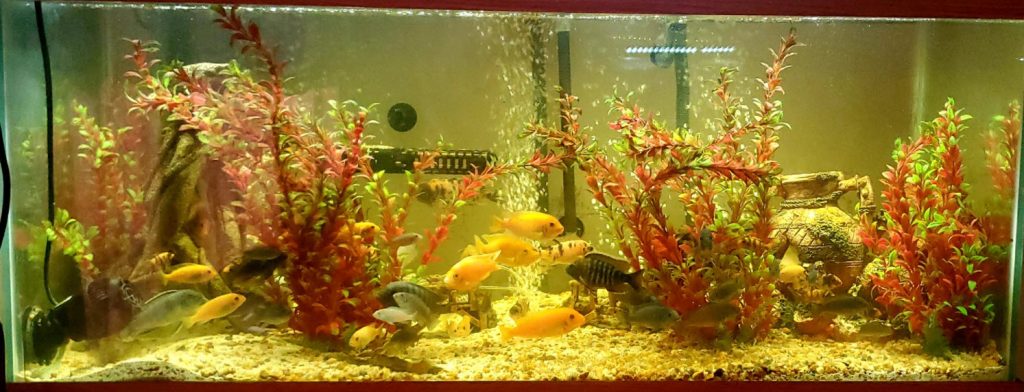
This is a rather long and involved, opinionated, editorial rant on the many information sources one can use to research the aquarium hobby and how they are almost ALL very unreliable. Read on only if you want to hear the verbose and boring opinions of a crusty old curmudgeon:
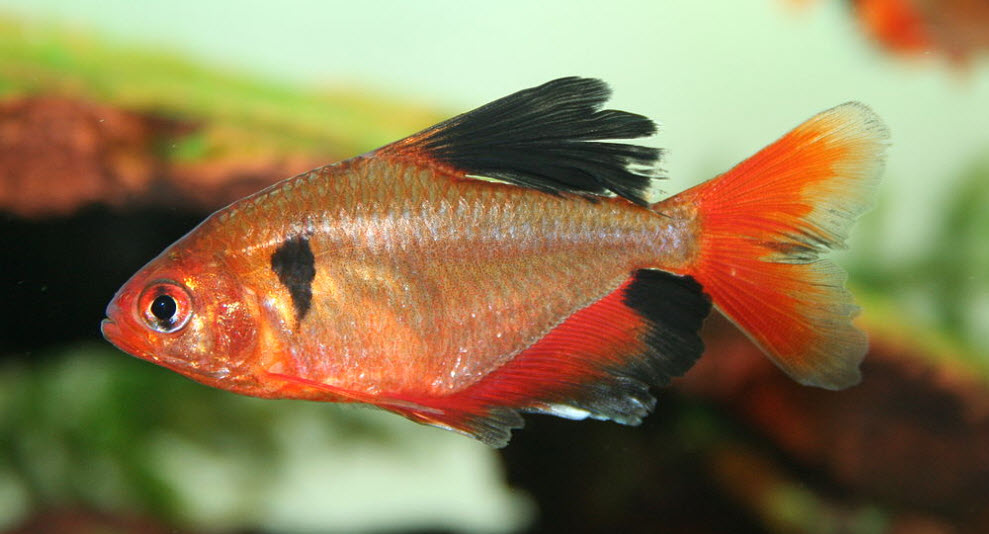
Sources of Data:
Most of the sources of data on the aquarium hobby are unfortunately very inaccurate, steering a hobbyist wrong well over 50% of the time. Some of these sources are:
Parroting
With the advent of the internet, aquarium forums, and social media groups everyone can comment on anything. And it is human nature to try and help out. So everyone ends up parroting (i.e. repeating mindlessly) what they have “heard” on the internet. This has led to a huge amount of sincere but ill-informed misinformation that is simply not supported by any science. Indeed science often contradicts the parroted “advice”.
“Parroting” is what easily two thirds of the information on social media actually is. This makes social media a very poor source of information. There are hundreds of forums, blogs, and Facebook groups on aquariums. Easily 70% of the advice given on these forums is sincere but incorrect (some days I think it is more like 100%!).
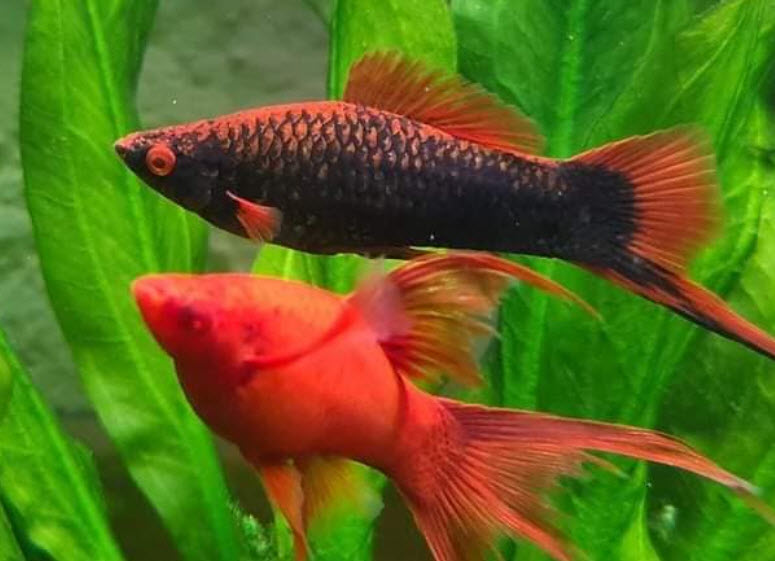
It would violate about three basic laws of physics for a boiled rock to explode. Yet the number of people who are convinced that boiled rocks will explode is easily 80% of the people in the hobby. And there is simply no changing any of their minds with the actual science. The same holds for the myth that heat cures ich. Parroted myths like this just never seem to die. We found some 150 myths that are repeatedly put forth on Facebook forums daily.
The more times a given myth is repeated, the more ingrained it becomes as the “truth”. This can result in even very good forums and Facebook groups being poor sources of information.
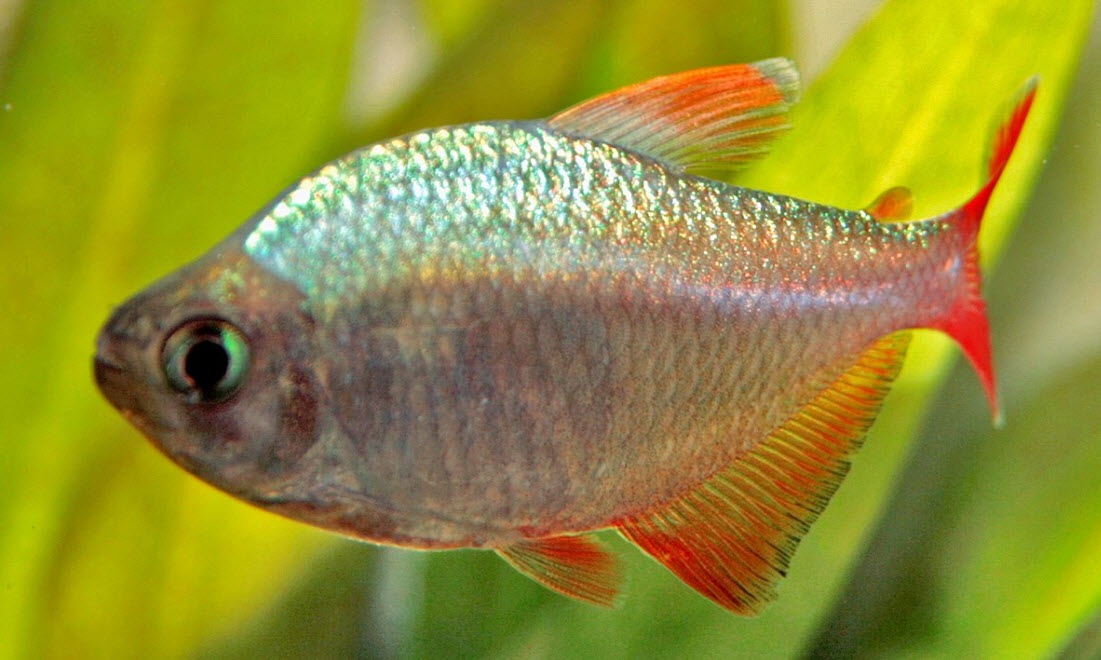
Illusory Truth Effect
Repetition can affect beliefs about truth. People tend to perceive claims as truer if they have been exposed to them before. This is known as the “illusory truth effect”, and it helps explain why advertisements and propaganda work, and why people believe fake news to be true.
For example, according to a recent survey of teachers in Great Britain and The Netherlands, 48 percent and 46 percent, respectively, falsely believed that people only use ten percent of their brains (Dekker et al. 2012; see also van Dijk and Lane 2020), largely because they have “heard” that to be true repeatedly.
The same can also probably be said for the myth that stability in aquarium water parameters is vital to the health of the fish or the myth that excess protein in the food causes bloat in fish. These myths have been parroted so often they are ingrained as immutable truths.
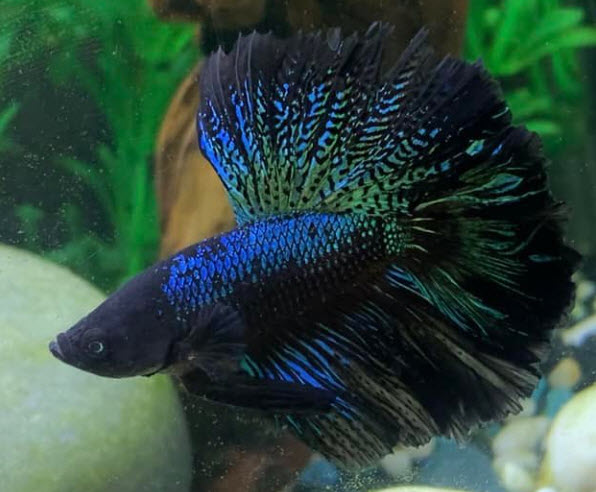
Anecdotal Evidence
A common comment in social media devoted to aquariums is “in my 25 years of experience my fish have always required blah-blah-blah”. This is what is known in scientific circles as “anecdotal evidence”. The definition of anecdotal per Webster is: “not necessarily true or reliable because based on personal accounts rather than facts or research.“
I have kept up to ten large aquariums and innumerable smaller aquariums for fifty-four years. As a scientist, I recognize that my “experience”, extensive as it is, is nothing more than biased anecdotal opinion, it is not objective scientific conclusions based on experimental research. There is a huge difference.
While I do very rarely add some anecdotal evidence to this blog I try to always label it as anecdotal evidence, so the reader can make an informed decision on its veracity.
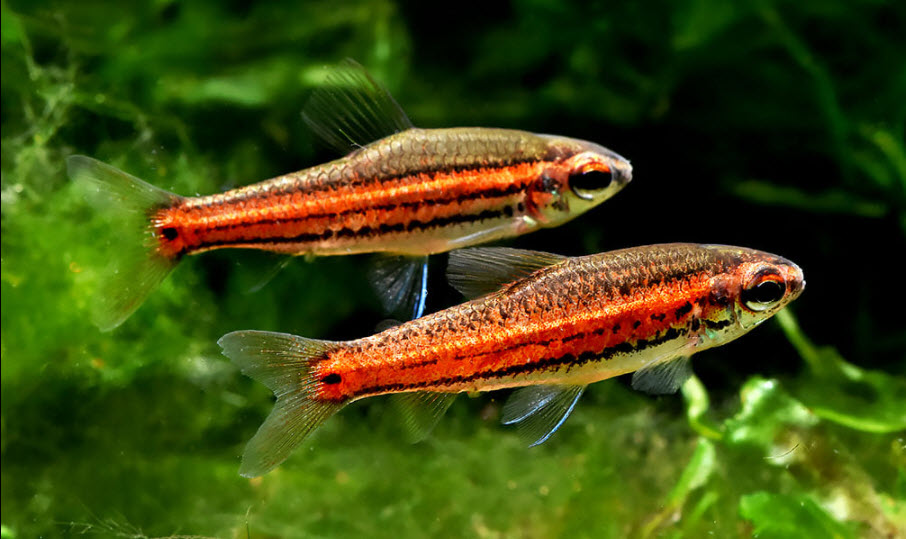
“Expert” Advice
There are a whole series of YouTube videos, blogs, and websites along the lines of “I’ve commercially maintained over 100 aquariums for fifty years so obviously I’m very knowledgeable about fish keeping“, “I’ve owned a fish store for ten years and know all there is to know about tropical fish“, or “I’ve been a discus breeder for twenty years so I’m an expert on all aspects of keeping an aquarium“.
Very roughly half of the information on these sources is correct and half is incorrect. The problem is that the aquarium is a natural system. Natural systems are very forgiving. So one of these “experts” could have been doing ten things wrong and ten things right and Mother Nature would have made him able to succeed.
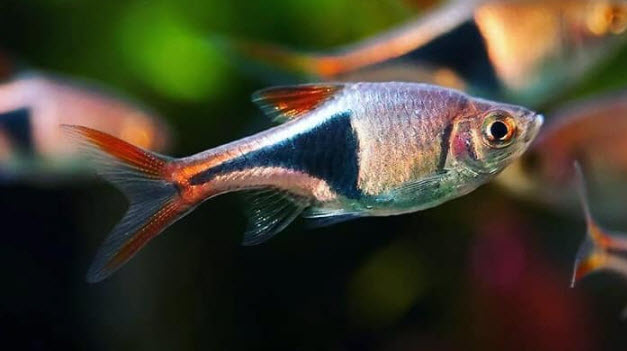
For instance, one of the blogs of a person who had “maintained aquariums for a living for fifty years” said that, based on their vast experience, under-gravel, canisters, and sumps are much harder to maintain than hang on the backs because it is such a pain to clean the filter media once a month. And if you don’t clean these filter’s media once a month you get a “nitrate factory”.
This is the complete opposite of what science tells us about filters and filter media. Any filter media should only be cleaned when the flow slows through the media. Cleaning any filter once a month will require recycling the aquarium once a month. And all filters are “nitrate factories”. That is the major function of ANY filter, to turn one gram of ammonia into 3.6 grams of nitrate.
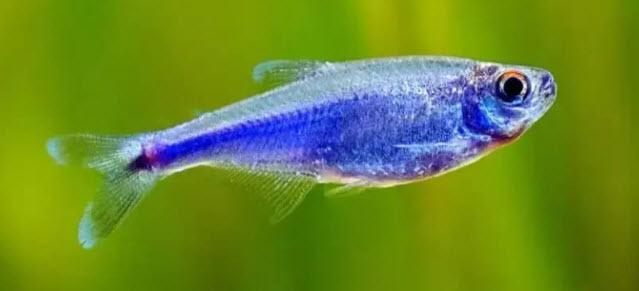
Self Fulfilling Prophecy
If you mention under gravels filters on social media one will inevitably get at least several comments saying that they found deep vacuuming undergravels once a week to be a pain AND they found undergravels did not work well. These well meaning but ill informed commentators were making a “self fulfilling prophecy”.
The major reason under-gravels don’t work well is if they ARE cleaned once a week. Under-gravels ONLY work well if they are only cleaned like once a year or not at all. The under-gravel doesn’t work BECAUSE it is frequently cleaned. If the under-gravel were just left alone it would make a great filter.
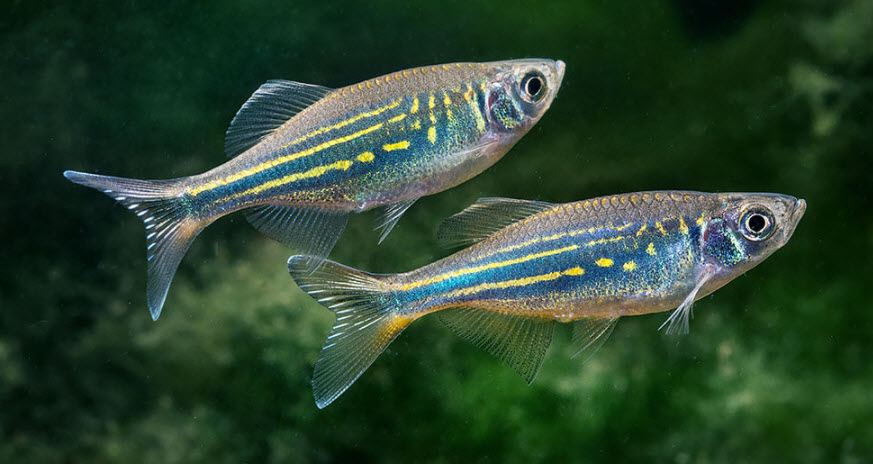
Correlation does not Imply Causation
Probably the biggest mistake hobbyists make is to observe two things that happened in the same time frame and deduce that one thing caused the other thing. There is an old saying in science
.
“Correlation does not Imply Causation”
.
Many people on social media say things like: “I use Purigen and my water is crystal clear so Purigen gives one great water clarity“; “I add vitamins to my fish food and my fish are healthy and vibrant, so obviously vitamins are very beneficial for the fish“; “When I started I used under-gravel filters and I had fish die, so I know under-gravel filters are bad“; “I used Melafix and it cured the ich”; “Heat has always cured ich for me”; “Aquarium salt cured my fish’s fin rot”; “Indian Almond leaves cured the bloat in my betta”; ad. Infinitum.
All these statements are completely unwarranted conclusions. It is like one saying “I eat a lot of fatty foods and I have no cancer so obviously, fatty foods protect against cancer“. Simply because two things happened at the same time does not mean they are in any way related.
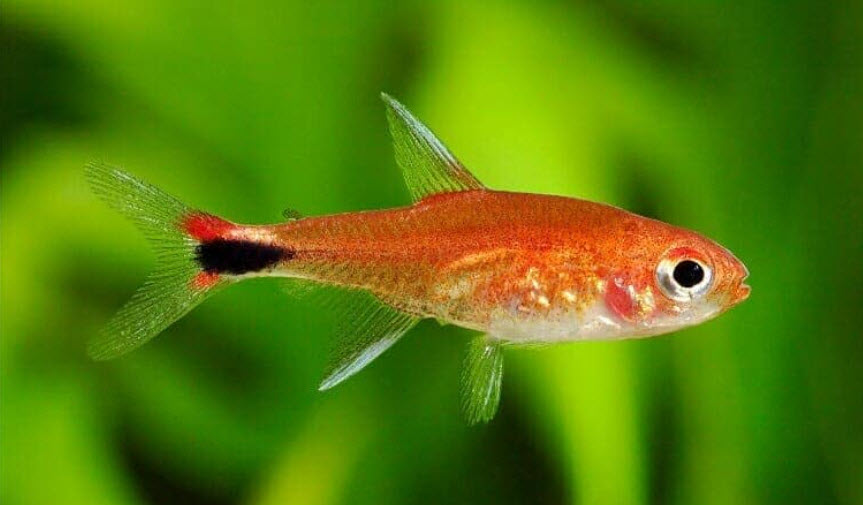
Another “expert because they’ve kept hundreds of aquariums” website said metronidazole clears out a hole in the head as this individual had a fish with a hole in the head, he gave the fish metronidazole in the water, and the hole in the head cleared up. So obviously metronidazole works. This website did not understand that “Correlation does NOT imply causation!”
There are hundreds of reasons the hole in the head could have cleared up spontaneously other than metro’. Metro’ works only in the gut of a fish on the hexamita organism. Hexamita does not directly cause hole in the head. So metronidazole has no effect on hole in the head syndrome.
It should be noted that humans make “correlation IS causation” judgments every single day about everything in the world around them. EVERYTHING! So it takes a lot of discipline to prevent doing it. If anyone can find any instances where I did this, please send me a comment.
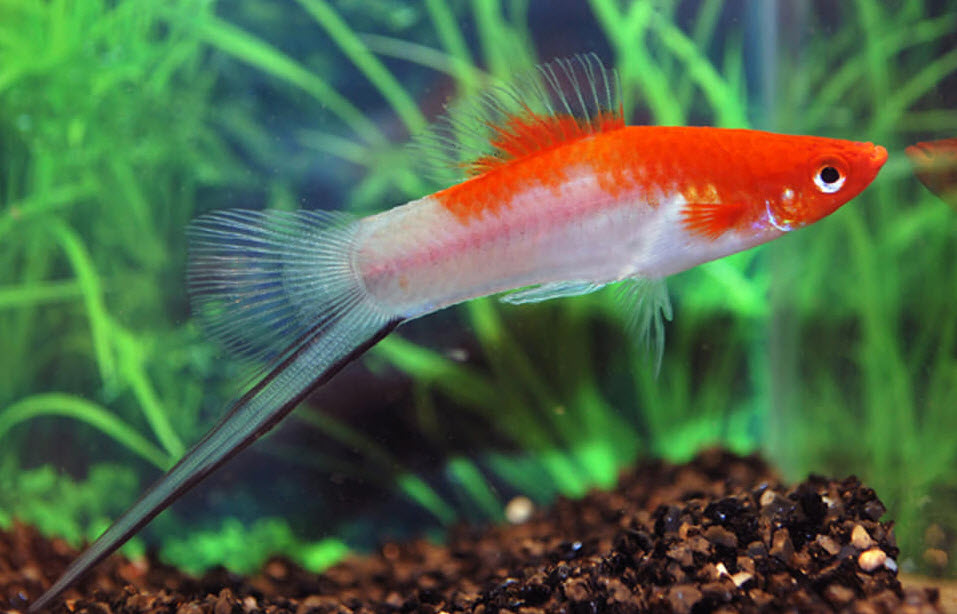
Reverse Causality
The other common mistake is to think “Fact A” caused “Fact B” when actually “Fact B” caused “Fact A”. It is very common to see comments along the line of “I found a peacock dead this morning. The ammonia level in the tank was 1 ppm. An ammonia spike had killed my prized fish”. The peacock died from any one of several hundred causes and began to decompose (it happens very rapidly in a warm tank!) and produced ammonia.
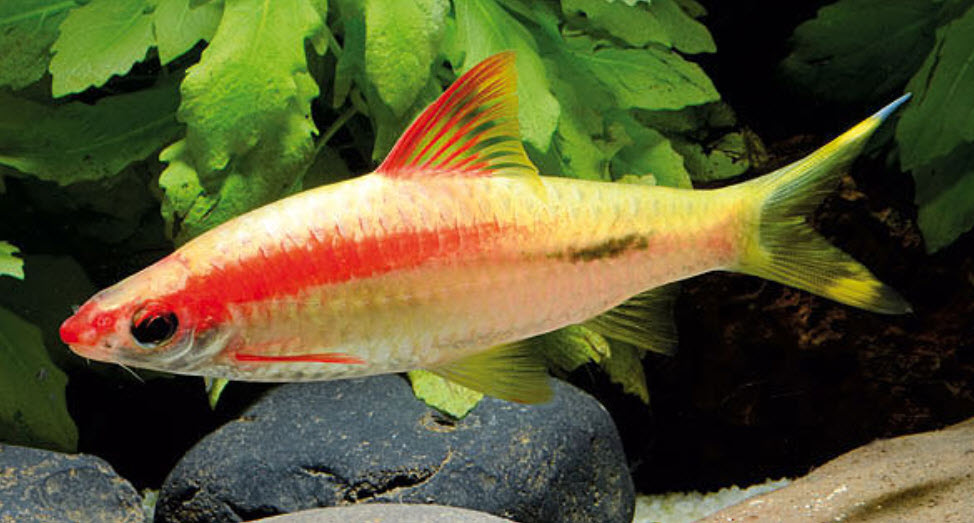
The Bandwagon Fallacy
If one posts research that shows something like the fact that Indian Almond leaves are worthless in the aquarium, you are bound to get a comment along the lines of “But everyone uses Indian Almond leaves to keep their bettas healthy!”. This is simply the very common “Bandwagon Fallacy”.
In argumentation theory, a “Bandwagon Fallacy” or “argumentum ad populum” is a fallacious argument that is based on affirming that something is real because the majority thinks so. Teenagers use this argument all the time with their parents: “But ALL my friends can do it!“.
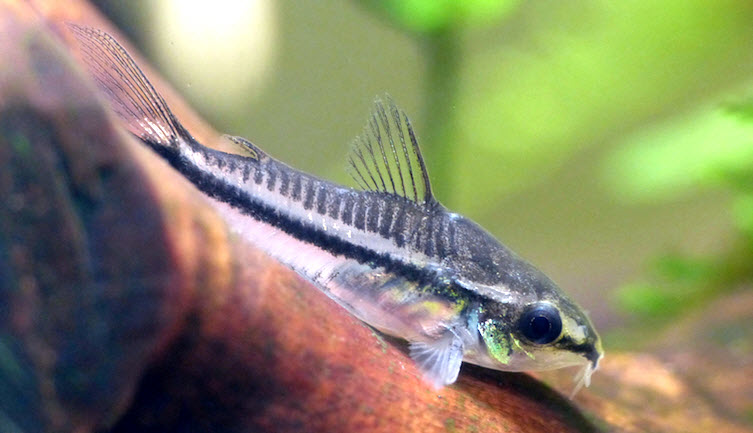
Confirmation Bias
A VERY common thing we all do is something known as “confirmation bias”. We only “see what we want to see” in all things around us. Things like: “Indian almond leaves gave me healthier bettas”; “my fish ate garlic impregnated food much more readily than than they ate regular food”; “undergravel filters are bad filters”; “Melafix cured my fish of ich”; “Purigen gave me crystal clear water”; ad infinitum.
ALL humans filter the data coming into their brains with this type of cognitive bias and they do it 24 hours a day and seven days a week. It is virtually impossible to avoid doing it. The author has caught himself doing it over and over again in a host of topics in this blog. Data which fits preconceived notions is given precedence over data which does not coincide with preconceived notions.
I was absolutely convinced that carbonate (KH) was relatively unimportant to cycling. When a commentator on this website pointed out that I was in error, I had to rewrite several articles in this website. I had “confirmational bias”.
If one finds some topic where the author has confirmational bias, please give me a comment. I have had several comments now correcting me and I appreciate every one of them.
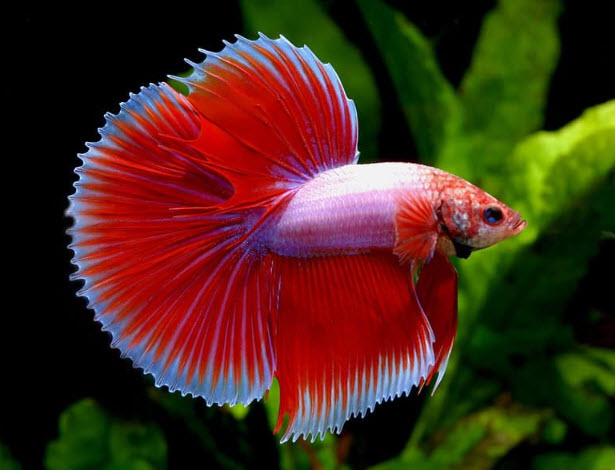
Experimenter Bias
Note that many very well-meaning aquarium hobbyists make YouTube videos where they do an “experiment” and they come to conclusions. It often appears that they set out to prove something and that they did indeed “prove” their “hunch”. But invariably the conclusions they draw are in error. The hobbyists unconsciously allowed their prior expectations to affect how they interpreted the data they found.
These “experiments” generally show heavy doses of inadvertent “experimenter bias”, which is a form of confirmation bias. “Experimenter bias” occurs when a researcher unconsciously affects results due to prior expectations. It is difficult for humans to be entirely objective which is not being influenced by personal emotions, desires, or biases. Experiments by aquarium hobbyists in the area of anoxic filtration, “biocenosis baskets”, and deep sand beds all show heavy amounts of this type of bias.
This bias is so bad with a few experimenters that what they concluded was in direct opposition to what their own data told them. One such experiment was an experimenter on denitrification to nitrogen gas in deep sand beds that had a control that couldn’t possibly do any denitrification. When the nitrate levels were the same for all the multiple treatments, he concluded that denitrification was so easy that even what was a supposedly impossible denitrifying variable gave denitrification. The truth was exactly the opposite. Denitrification to nitrogen gas was so difficult none of the experiments had done it.
We have made a sincere attempt to remove such bias from our experiments by using controls and replicating measurements. But we realize this is VERY difficult to do. So if anyone sees one of the author’s experiments where there appears to be even a possibility of bias, please point it out in the comments section.
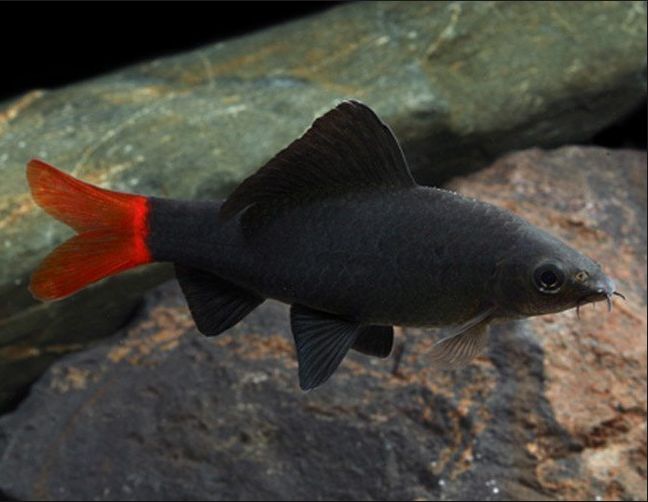
The Dunning–Kruger Effect
Then some folks on social media are convinced they are experts when in fact all their “expert” knowledge is simply wrong.

An illustration is in order: A newcomer to the hobby asked if they could use softened water. I answered as follows:
“Water softeners only replace calcium (“GH hardness”) with sodium (“Salt”) in the water. Many consider low levels of salt to be therapeutic for fish So this sodium is, at worst, completely harmless“.
One individual then commented in reply as follows:
“This advice is wrong. Water softeners remove the KH of the water. When they remove the KH they can kill fish as the pH becomes unstable and fluctuates madly. This is the common symptom where fish simply roll over and die. So never use softened water“.
Everything in this comment is completely wrong. And I mean EVERYTHING! Water softeners do not remove KH (RO units remove KH). And pH fluctuations do not kill fish.
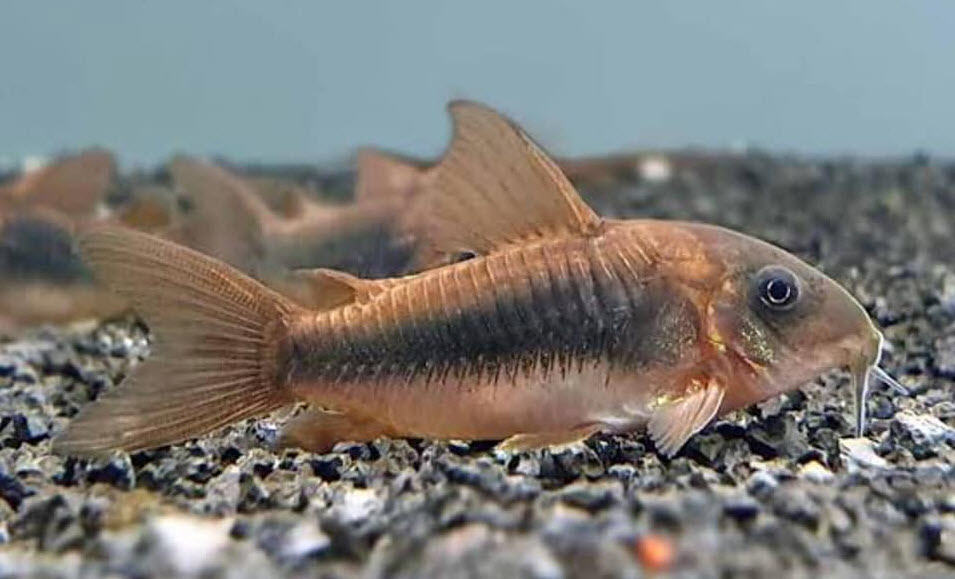
This commentator criticized several posts by the author on Facebook, always with similar completely wrong ideas and “facts” and always calling my comment stupid, false, or wrong. Call me thin-skinned but I hate it when some *&!!^&**$% repeatedly does this. I want to use some “descriptive” terms here to describe him but a reader says I shouldn’t do that so I won’t. Damn!
This is a classic case of the Dunning–Kruger effect. The Dunning–Kruger effect is when incompetent people, who have little experience or training, not only fail to realize their incompetence but consider themselves to be much more competent than everyone else. I finally blocked this …. OK … OK … I won’t say it. I’ll be nice.
.
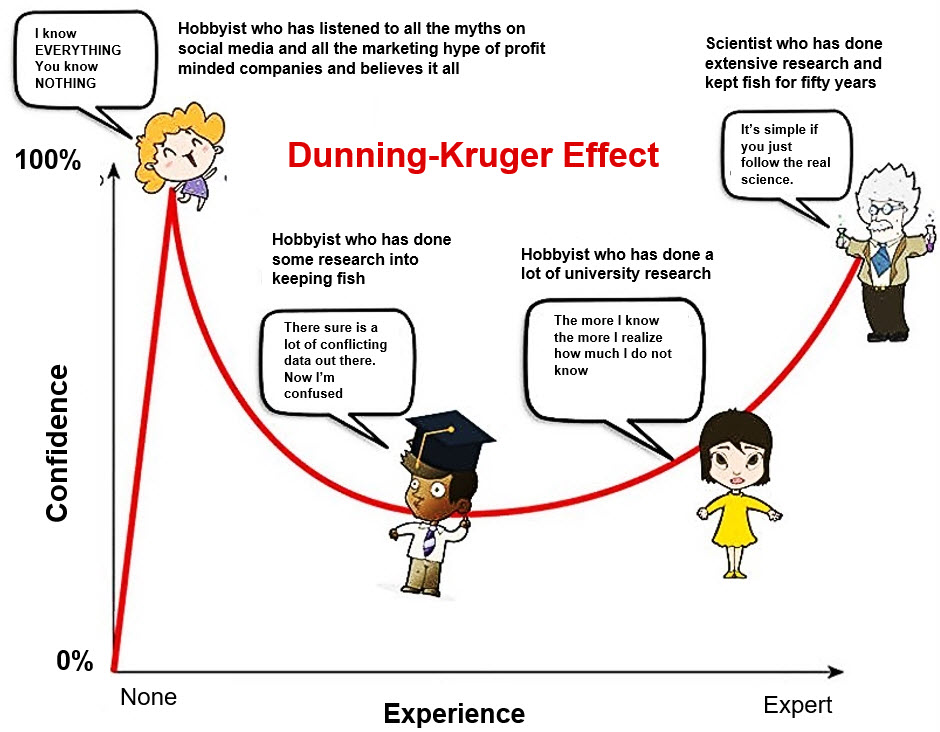
The Dunning–Kruger effect is a VERY common phenomenon that EVERYONE does. Indeed, researchers in psychology have found that the vast majority of people do exactly this in almost all their endeavors. The author did this about mycobacteriosis in humans. He did a little research, thought he understood the subject, wrote an article, and got it all wrong. Whoops! This principle is embodied in the old proverb “A little knowledge is a dangerous thing“.
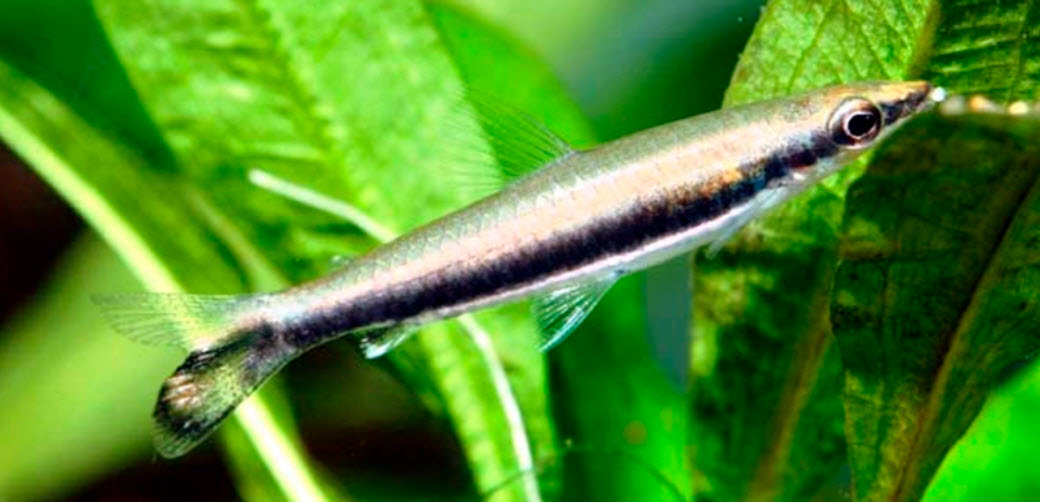
Fish Police
Newcomers to the hobby hunting for advice in social media unfortunately often get “advice” from people known as the fish police. This advice is in the form of downright mean criticisms. The advice is often correct but the way it is given is mean and uncalled for. It often turns off newcomers from seeking advice in social media. This is very unfortunate.
“Fish Police” are very common in social media and often produce very unfortunate reactions in newbies by criticizing them. There are constant comments from newbies asking why this or that person has to be so critical of them. Newbies to the hobby must recognize that the “fish police” are people who get their kicks being mean. These “fish police” need to be blocked or just ignored by ALL hobbyists.
I am up on most aquarium Facebook forums. When I see some criticizing “fish police” I simply block them. I have blocked about 100 people. And the criticizing has stopped on my account. So that is one hundred “fish police” out of probably 200,000 aquarium hobbyists up on various Facebook aquarium forums. This is a very small percentage of the hobby.
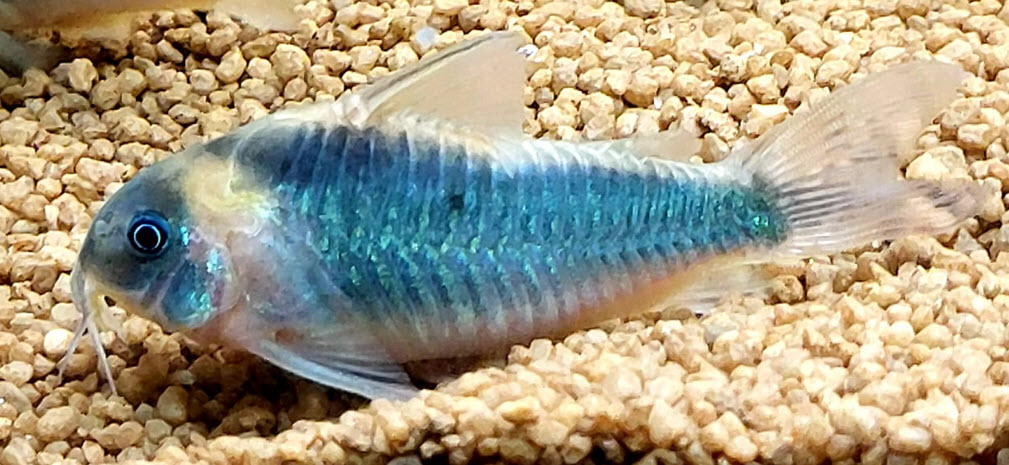
“Ignorance is Bliss”
Then there are the interesting commentators who simply flail out in confusing and contradictory criticism which makes it obvious they never even read the research in a post. The author posted the following in a Facebook forum:
“Just noticed five well-done experiments done by Taricha and Dan P. Chemist on the Reef2Reef blog in early August which clearly showed Seachem Prime does NOT do any “temporary detoxification” of ammonia. This testing included testing on living creatures. When coupled with the testing done at the aquariumscience site “5.5.3.2.1. Prime, Safe and Ammonia”, which also clearly showed Prime does not temporarily detoxify ammonia, that makes the score Scientists 6 and Seachem 0.”
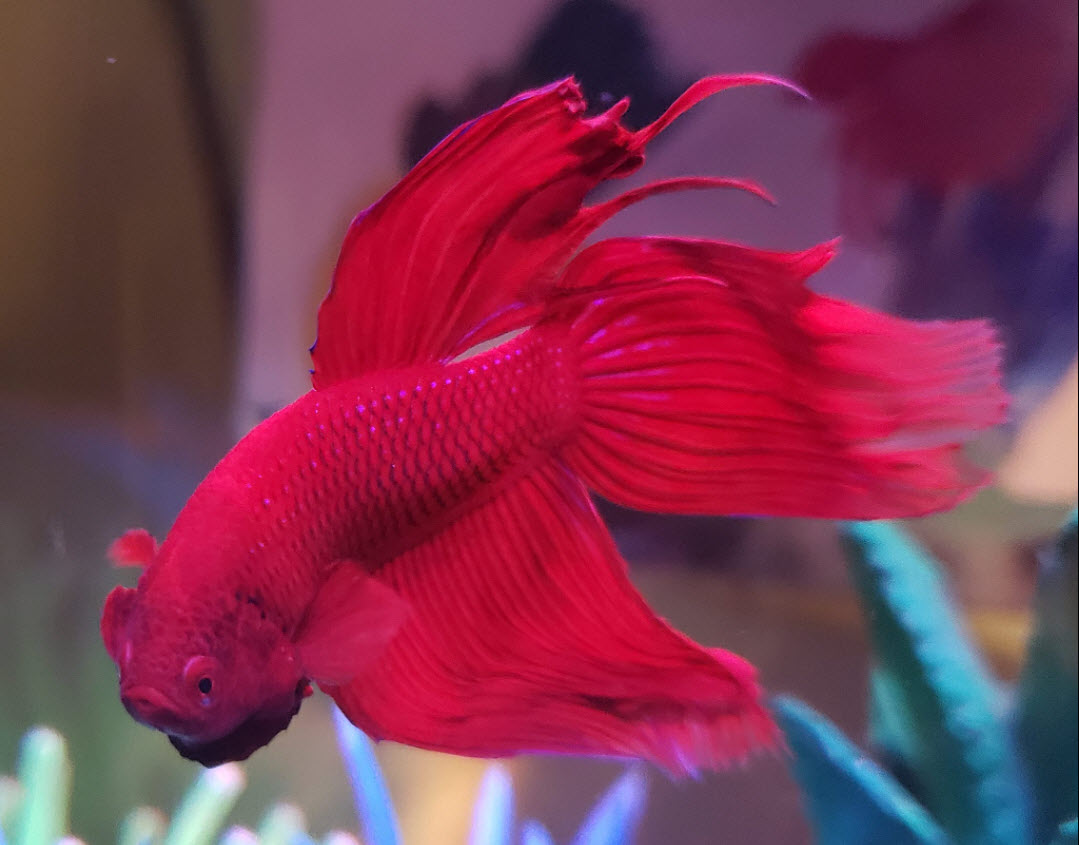
The following was one reply:
“The entire study is flawed. Ammonia and its bonded form ammonium or NH4+. Both of which will show up on a test strip. They DID NOT use the proper testing method. They needed to use molecular spectroscopy to do this test. They did not. This is not a peer-reviewed study. And the methodology is fundamentally flawed. It’s like trying to figure out of something is steal or iron using a magnet. Both are magnetic. The second issue is they went with Seachem’s explanation which is also wrong. Their product works, the person responding to the email seems to not know what they are talking about. This cannot be called a study. It is simply conjecture and is flawed to boot.”
Rather obviously this person did not read any part of ANY of the referenced blogs or articles. Taricha and Dan P. Chemist DID USE the proper test, the very test RECOMMENDED BY SEACHEM!. And Seachem’s explanation is wrong but Seachem’s product works??? Huh? And then “It’s like trying to figure out of something is steal (sic) or iron using a magnet. Both are magnetic“. That “argument” is soooo…. lame and vacuous.
.
.
.
Note that there is an alternative hypothesis as to the origins of this comment. The way it is written (words used, syntax) is very similar to other comments from many other “supporters” of Seachem products. Many phrases and words are right out of a letter written by Seachem lawyers. This comment may well have been deliberate obfuscation from a fake account in the Seachem Marketing Department.
.
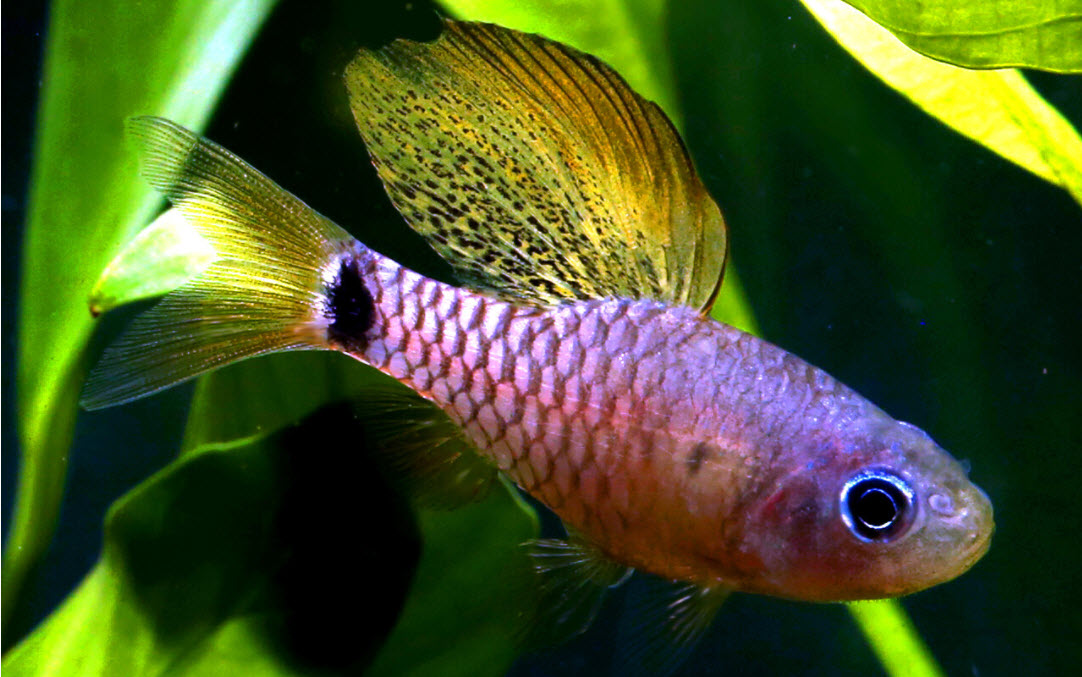
Marketing Hype
Then there is the phenomenon known as “marketing hype” or “salesmanship”. “Expert recommendations” and “science” do not go hand in hand due to the profit motive. In aquarium products the marketing and sales department of a company can freely “falsely advertise” as much as they want, it is perfectly legal.
There is a myth out there that there is “truth in advertising laws”. There is ONLY truth in advertising laws for medications for humans, dogs, and cats, period. Nothing else is covered. Just watch some of the “information” being handed out on late-night TV about elixirs that allow one to lose weight and grow hair to see “marketing hype” in action.
Marketing departments of aquarium products are extremely effective at writing nonsense mixed in with real science in a very convincing blend of truth and fiction. These advertising claims are simply pseudo-scientific bedazzlement designed solely to sell worthless products. We go into this in far more depth in this article:
1.3. False Marketing Claims
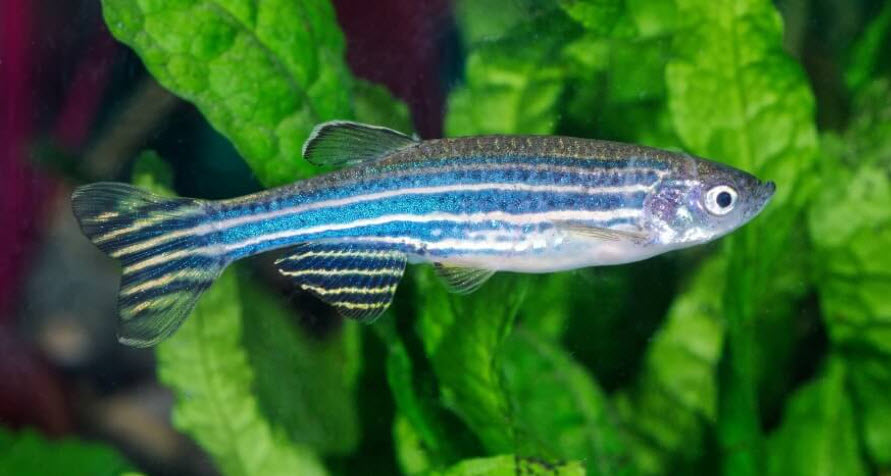
Virtually all the Seachem products have huge amounts of fake marketing hype that Seachem has written. The Seachem Help Forum is full of “replies” from Seachem “technicians” that are nothing more than marketing hype and “fluff”. Easily 80% of the claims by Seachem about its many products are just plain false.
And yes, I admit to a strong bias against Seachem. After all, they threatened me with a libel suit! I do not like to be threatened. I guess I could very carefully write everything in such a way as to hide my bias or I can simply admit it and be done with it. I’ll do the latter.
Fictitious “Papers”
Some manufacturers even publish on the web “scientific papers” which are fiction mixed with real science. These “papers” are typically written by a “doctor”, or a “Ph.D.”. Note the degree doesn’t need to be authentic. Anyone can claim to be a Ph.D. quite legally.
Some forum individuals even go so far as to have a social media identity like “DrKleinzweck” when it is obvious they have no doctorate as they are simply spouting gibberish. I suspect these individuals are actually in the marketing departments of manufacturers as they seem to spout the snake oil claims with a lot of scientific terms just kind of sprinkled in the mix, a technique often used by these marketing departments.
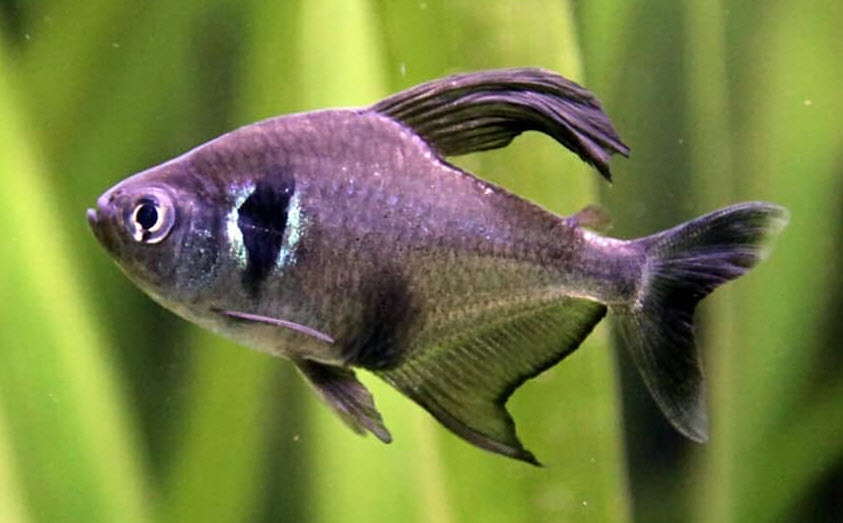
Then a few suppliers (Fritzyme and Cermedia) produced fake experimental data and studies that “proved” their products work. These “experimental studies” are easily debunked by any scientist. But such fake studies are perfectly legal and break no laws.
YouTube “Testing”
Some YouTube video makers do “tests” which are obviously …. well… one could allege these tests are simply fake. Kaveman Aquatics recently made a video where they “proved” Seachem Matrix reduces nitrates, ostensibly through anaerobic reduction to nitrogen gas. Kaveman Aquatics is a Seachem “Ambassador”. Kaveman Aquatics did a video showing Biohome (which is the same structure as Matrix) did no reduction in Nitrates. Kaveman is NOT an employee of Biohome.
HHHhhhhmmmm yeah …. Matrix will reduce nitrates when pigs fly. I went to reduce Kaveman Aquatics YouTube “accuracy score” (see below) based on this latest video but his score was already at 3%.
And distributors of these “hyped” products compile all the various manufacturer’s hype and publish this as though it were a factual guide. Still, other enterprising individuals publish “reviews” where they hype the costliest product with links to where the product can be purchased. If you click on the link and buy the product the review site gets a commission. Both newcomers and naïve experienced hobbyists who can Google become easy prey for this propaganda.
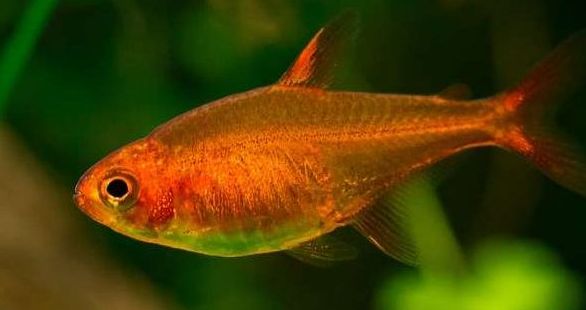
“Scientific Articles” Written by Non-Scientists
There are a few websites that have very detailed and confusing “science” in them which is not correct science. Chief among these is “American Aquarium Products”. I have read many American Aquarium Products articles, and they too often make statements that appear sound and well-researched but show a serious misunderstanding of the science they are discussing.
Hobbyists are strongly cautioned that these errors too often seem to be self-serving, and some of their sales pitches are for products I would call snake oil. American Aquarium Products sells aquarium products. So they, of course, try to make you buy expensive items from their website.
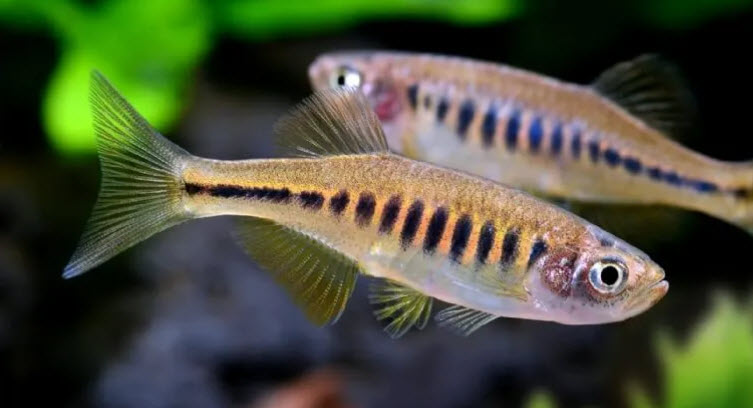
The American Aquarium Products article (23 pages!) on redox (reducing/oxidizing reactions) appears to be a sincere attempt by someone clearly in over their heads to make a very complicated set of interactions very simple. They reduce everything to one number, a “redox potential”, and relate everything to that number. Mother Nature is just not that simple. They then go on to sell you four overpriced products which will “cure” your obviously bad redox.
There are billions of types of reducing/oxidizing reactions going on at any one time in an aquarium ecosystem and the complexity is far, far beyond a single number. Redox meters have limited use in research as a simple indicator test of oxygen levels in organic sediments. They have little use in an aquarium.
The American Aquarium Products website spouts a whole lot of pseudoscience in some long and tortuous articles (VERY long and VERY tortuous). Their articles on redox, fish food, filters, bacteria in a bottle and UV units are especially deceptive with multiple “marketing pitches” for products sold on the website. These articles are largely just very authoritative sounding verbosity that is nothing more than marketing hype.
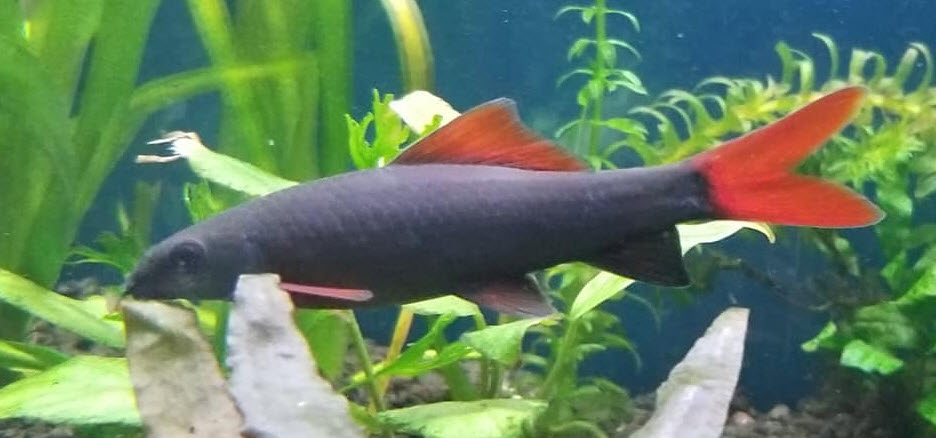
The “Google” Problem
One huge note of caution about Google (and all other search engines!). Many newcomers (and a lot of old pros) use Google when setting up a new aquarium to find the best equipment and supplies. In 2017 one could find on Google unbiased equipment reviews that did things like giving you the capacity in cubic inches of a canister filter. These sites had no links in them to products and were generally unbiased.
One cannot find these sites on Google anymore. The only sites one will find if one Googles something like “capacity aquarium canister filters” are biased for-profit “Review” sites with links to each product they review. These for-profit sites don’t give you meaningful data with which you can compare canisters. They only give you what the manufacturer claims his pump volume per hour is. This statistic is useless for determining how good a filter is.
Google and every other search engine have become very biased profit-making machines. If you click on the links in these “Review” sites and buy the product both the writer of the site and the search engine company (i.e. Google!) get a commission.
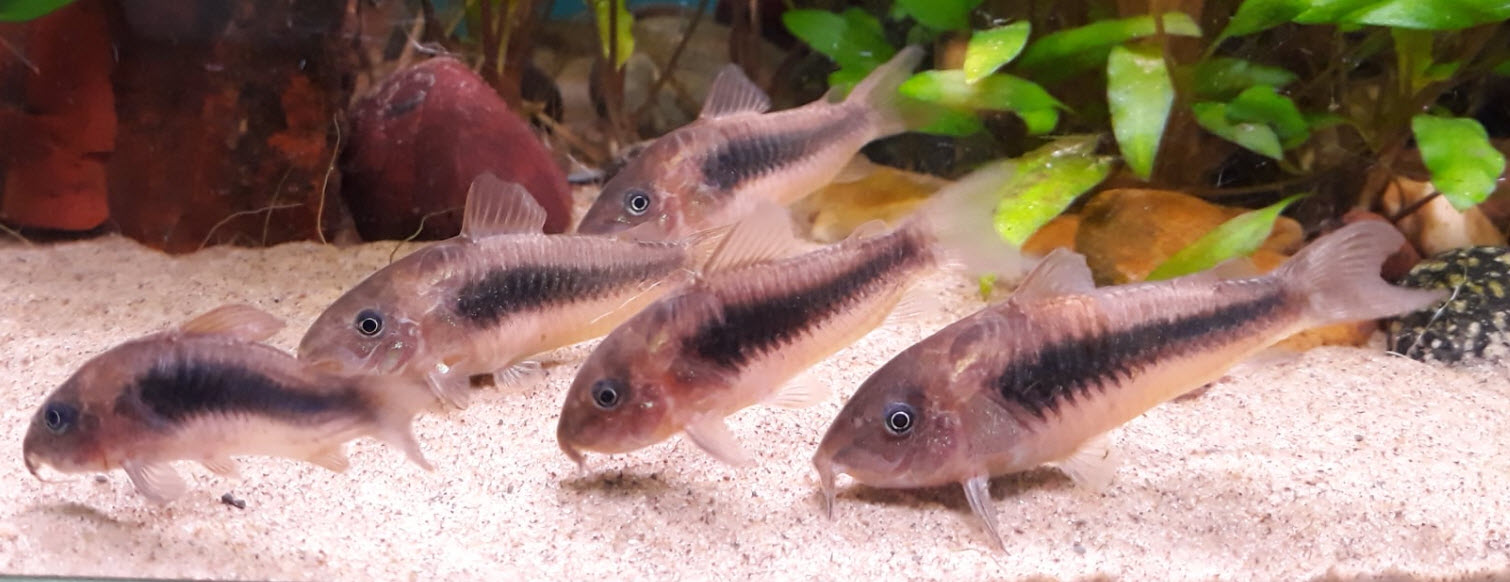
For instance, take a Google search with the keywords “aquarium pH”. Looking at the result of the Google search will give a whole bunch of sites with the word “pH” highlighted in blue and underscored. Click on that link and you get linked to an Amazon site with a Seachem pH buffer. If you purchase that product the Aquarium pH site and Google make money. Isn’t the profit motive wonderful? Needless to say, the websites on “Aquarium pH” won’t have anything but praise for Seachem buffer and all Seachem products.
There will typically also be ads here and there for such things as “Live Aquarium Bio Media”. Again, click on these ads and buy something, and Google and the people with the website are going to make money. Do you think this website is going to show the results of tests that indicate such media as being worthless? And these profit-driven websites are now the ONLY review websites available on Google!
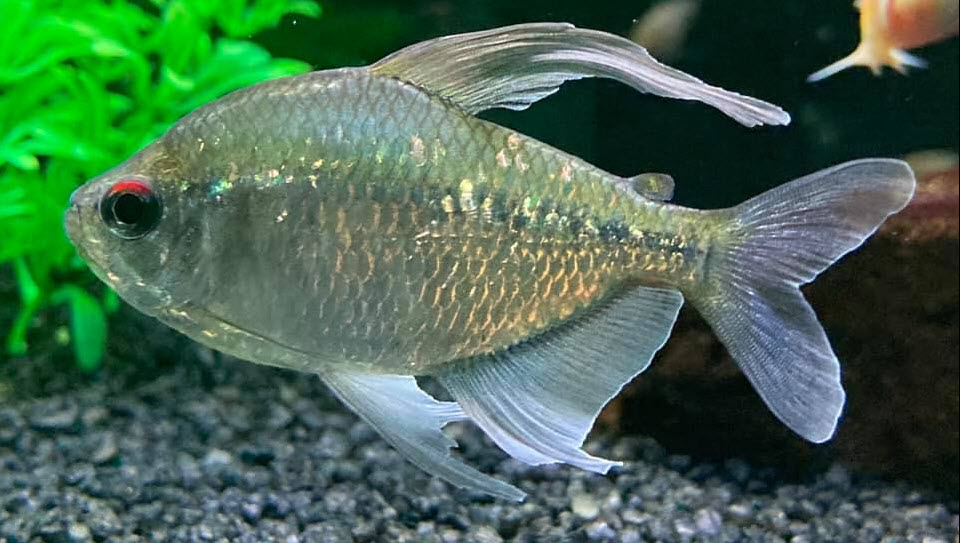
To illustrate this linkage one only needs to look at one “review” of five types of biomedia. This is the website: https://fishkeepingforever.com/best-aquarium-bio-media/ This site reviews five biomedia, all high-priced ineffective commercial media with links to Amazon sites where the media can be purchased. Then the site recommends the “best” biomedia:
“Our number one choice would be Biohome Filter Media“
Click on the bolded blue “Biohome Filter Media” and you will be sent to an Amazon site where they sell this very high-priced material. Buy some and both the website and Google get a commission. This site is only driven by profit and is nothing but false marketing hype. We tested Biohome extensively and it is a very poor media. And it categorically does not do any reduction in nitrates.
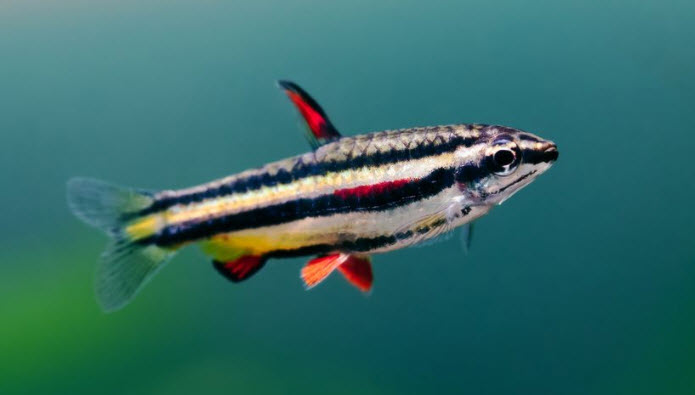
It is no accident that the Biohome media is both the recommended media and the most expensive media reviewed. The website gets a percentage cut of any sales so, of course, it is going to recommend the most expensive media. And everyone and their uncle will parrot review sites like this on Facebook, thinking the information is correct.
To add insult to injury, this fishkeepingforever website recommends you replace the biomedia every one to two years as it will “wear out”. That just boggles the mind. Ceramic media is going to “wear out”? When pigs fly! Some ceramic media falls apart in the aquarium but that is another problem.
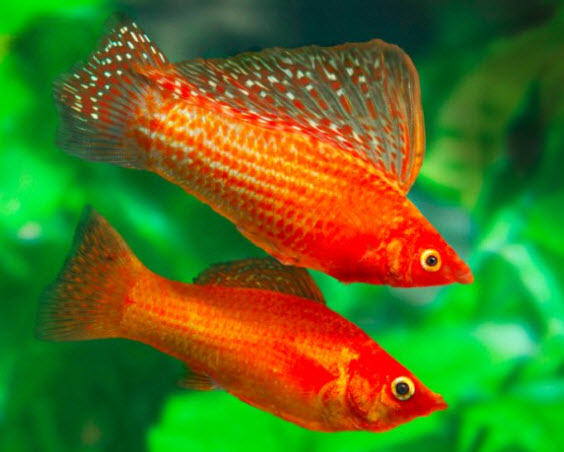
This website, aquariumscience.org, has been up for over five years. It has over 400 articles. It has been visited by hundreds of thousands of hobbyists (typically 2,000 per day, each looking at two articles on average). Yet it is accessed from the Google search function relatively infrequently. This site has no profit-making links for Google to profit from. So it is simply ignored by the Google search algorithm.
It should be noted that the Bing search engine finds this site five to ten times more often than the Google search engine. Guess the Bing algorithm isn’t as profit-oriented as the Google algorithm.
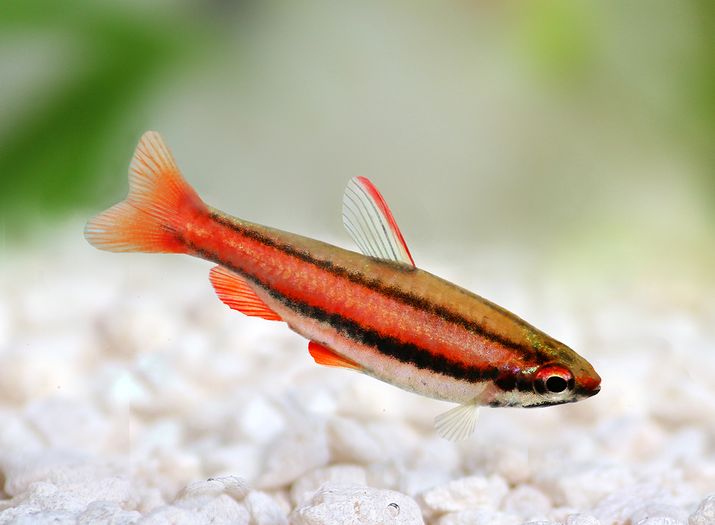
“Anti-science” Movement
A new phenomenon has come up in recent years, centered in California. It is the “anti-science” movement. It runs along the lines of “All the research papers that are done by scientists in any field, including aquaculture and aquariums, are fake and done solely to increase the profits of the capitalist companies”. This disbelief in all things “science” has become the “in” thing. This is just an extension of the many conspiracy theory paranoia. There is just no way to fight such viewpoints and we won’t try.
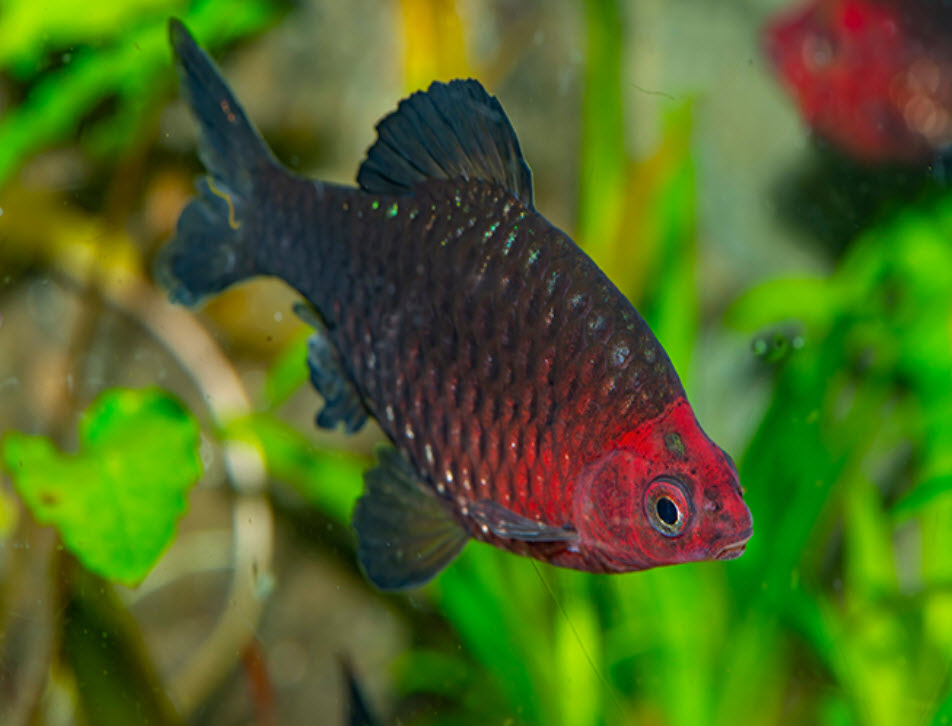
“Natural” Movement
And, of course, there is the “natural” movement or the “return-to-loincloth folks”. They fervently believe all fish ills can be cured with herbs, some oils like Melafix and Pimafix, and a little garlic. Since most of the time fish are seriously ill by the time hobbyists notice symptoms, we like to ask these folks “If an elderly relative of yours had pneumonia, would you treat them with herbs, or would you send them to the hospital for antibiotics?”. We rarely get a reply.
There is one forum where one of the administrators is supposedly a “professional degreed marine biologist”. When we posted that copper can be used to kill ich he shot us down, saying, and I quote:
“Copper will ultimately end up in the ocean where it will poison the marine life. No responsible hobbyist should ever use copper in the aquarium“.
Any marine biologist would know that most marine organisms require copper to make certain enzymes essential to their existence. Many fish foods have minute amounts of copper added because some studies have shown it helps fish. So this person is not a marine biologist. Rather he is probably one of the fringe “return to loincloth” individuals who believe the use of all chemicals needs to be banned by whatever means necessary.
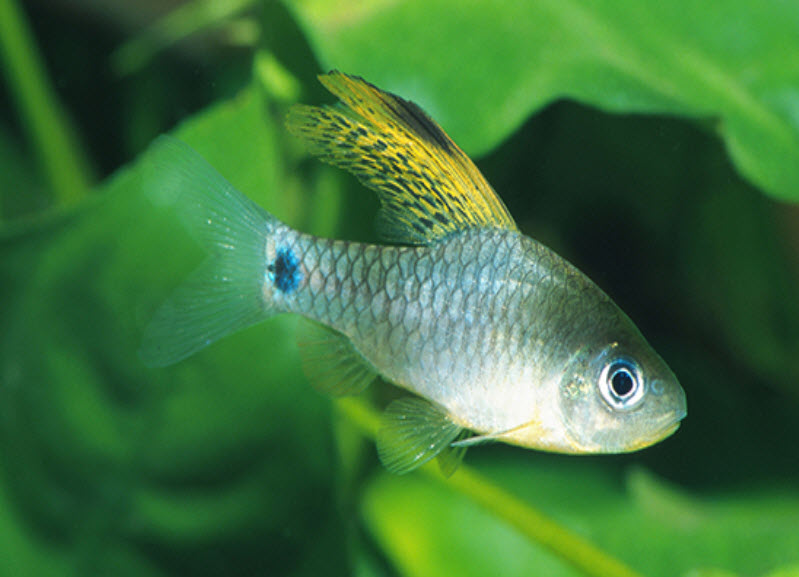
Scientific Papers
Note that even scientific papers require some expertise to weed out the bad work. I was a professional research scientist often responsible for reading papers in medical journals. And about 5% of the research papers I’ve read in some very prestigious “peer-reviewed” journals come to conclusions that are not justified by the data in the study. I once ran across a medical research paper in the prestigious, peer-reviewed New England Journal of Medicine which was absolute garbage. Papers in the aquarium trade and aquaculture are no different.
I ran across a paper from the well respected University of Florida Ornamental Fish Research Center which concluded metronidazole in the water killed Hexamita. The only problem was that the hexamita in the control (no metronidazole) also died. So the conclusion was not justified.
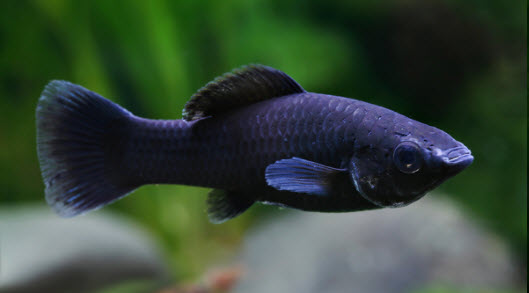
I also ran across one paper by the Kentucky University Aquaculture Center where the biologists didn’t know or understand the chemistry involved in the API ammonia test. They incorrectly concluded that ClorAm-X removed ammonia. In actuality, the ClorAm-X just interfered with the test solution. And this was published in a reputable journal!
There are several “universities” that are writing a whole lot of “natural” movement “science” and getting it published in the science journals as legitimate science. These papers are garbage.

Exceptions to the Rule
When it come to aquariums there simply are no absolutes. For instance I repeatedly emphasize that crystal clear water is essential to good fish health. Yet several prominent fishkeepers have some very healthy fish in some pretty dull, debris filled water. There will always be “exceptions which prove the rule”, especially when it comes to aquariums.
Parroted Information in Books
Before the web, we had books (for the younger crowd, books are those old things with lots of paper sheets and black type in them). The advice in books is often simply parroted advice given in older books which in turn parroted advice given in even older books. I’ve traced links like this through a chain of five book articles until I found the base article. The base book article was not an experiment, it was anecdotal: “I’ve noticed that when I….” That is what “parroting” was before social media. I’ve found that books that do not reference journal articles as footnotes tend to have a lot of false information.
On the other hand, there is the Book “The Ecology of the Planted Aquarium” by Diana Walstad, which goes into a ton of research articles in depth. I use this resource extensively on this website. Ms. Walstad did a superb job researching this book. It is just unfortunate that Ms. Walstad only researched one type of aquarium, namely the low-tech planted aquarium. If Ms. Walstad had researched all aquariums and published it the result would have been just incredible. It was truly refreshing to find a professional researcher this thorough (and this HONEST!).

And then there are many books written by veterinarians who assume the anecdotal evidence they have accumulated is somehow scientific proof simply because they are veterinarians. Anecdotal evidence is not reliable, regardless of the expertise of the individual giving the advice. Most veterinarian books recommend salt for treating a whole host of ills which salt simply doesn’t treat. And virtually all of them recommend adding metronidazole to the water of a fish with hole-in-the-head. Adding metronidazole to the water will do nothing for a fish with hole-in-the-head.
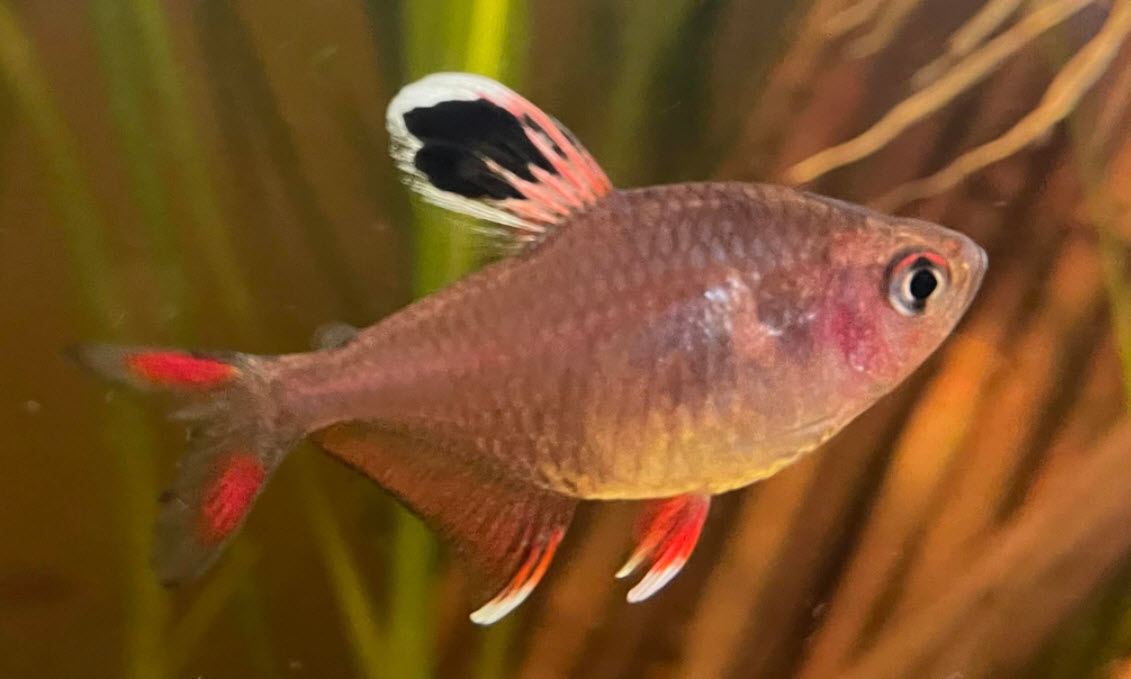
Sometimes newcomers ask “What good book can I get which tells the science behind aquariums?”. Sadly, the answer is there is no such book. Easily 50% of the “science” I have found in books about the aquarium hobby (and I have all of them) is simply wrong. While Ms. Walstad’s book comes the closest to an accurate picture, she only researched one type of low-tech planted tank and did not go into what is needed in 90% of all fish aquariums. So her book is only useful for those contemplated low-tech planted tanks without CO2.
Maybe this is just hubris on my part, but I encourage people who want a “Science of Aquariums” book to simply go through this website. This website is the equivalent of a 1,400 to 2,800-page book on the science of aquariums.
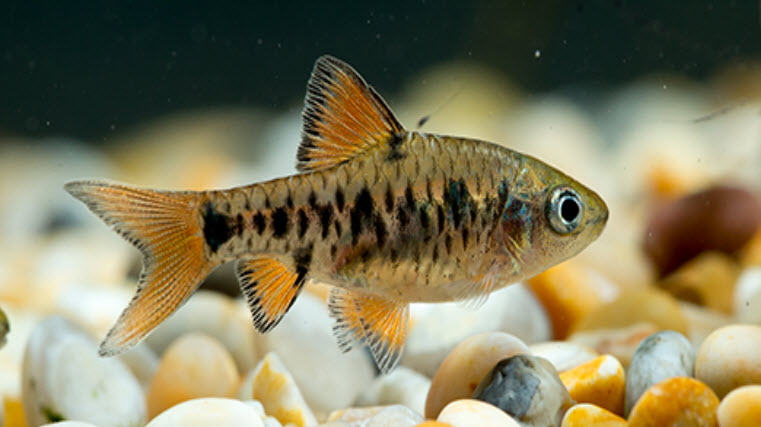
“Sponsored” Books
There is a big problem with the advice about aquarium products given in books whose authors are from Europe. Some large suppliers of aquarium products in Europe (Tetra being the biggest), “sponsor” the publication of books on aquariums via a variety of means. Tetra used to have its own publishing house.
Some of the European authors work directly for large suppliers while still others get speaking fees, “research grants” and other monies from the large suppliers. This means the advice given in the books tends to be very inaccurate. I have many such books in my library and they all give out advice very obviously intended to promote products. The advice is NOT science-based.
If a book does not have a listing of the journal articles it used to conclude an aquarium product in the write-up (especially a comment about how this food or that food shouldn’t be fed to fish), be very skeptical. And be especially aware if any of the authors of the book are from anywhere in Europe.
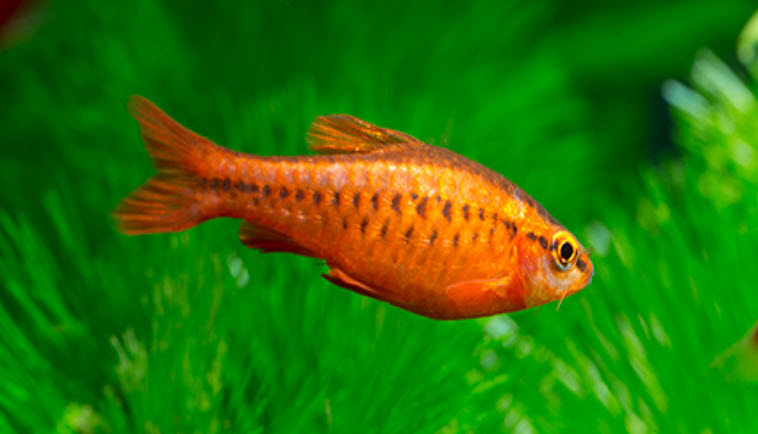
Fake Facebook Accounts
There is another problem with these Facebook forums and groups. This is how certain suppliers of goods for the aquarium hobby utilize Facebook forums to create a false and misleadingly positive narrative about their products. We cover this interesting topic in this link:
1.4.1. Facebook Fake Accounts
.
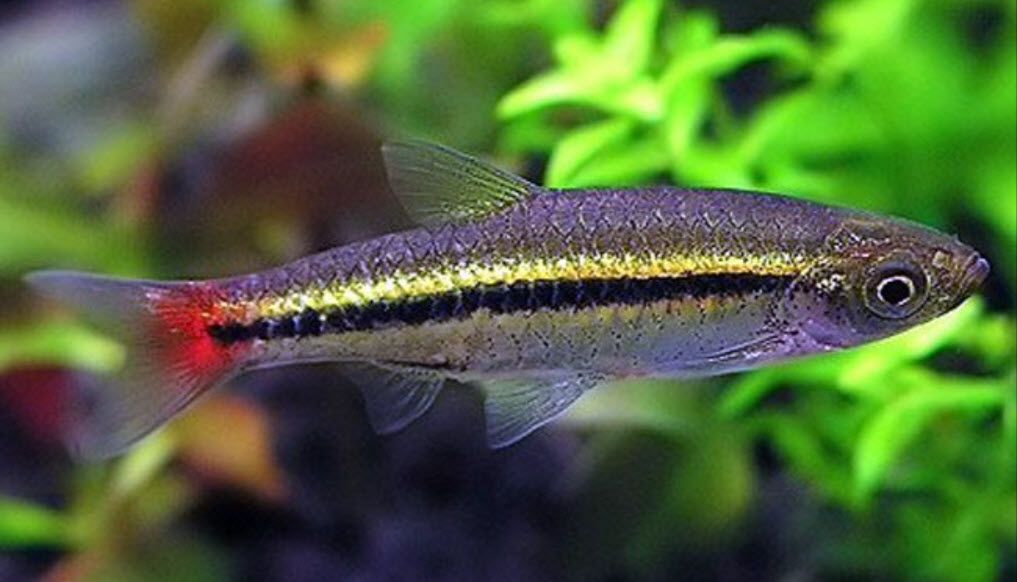
YouTube Videos
YouTube videos are great sources of information IF you realize several things: First off very few of the people putting out YouTube aquarium videos are doing any scientific research to back up their claims. Almost none of them are scientists. Much of what is said by some is parroted myths (They ALL tell you stability is important, and it’s not important!).
Note that almost all of them are very well-intentioned, honest people who seem to be trying. Most of them just get the science wrong. For instance, one person who says they are a fish vet has a video on viral hemorrhagic septicemia and says it is common in aquarium fish. Newsflash, viral hemorrhagic septicemia has NEVER been found in tropical aquarium fish. It only occurs in some fifty species of wild cold water freshwater and marine fish. Whoops!
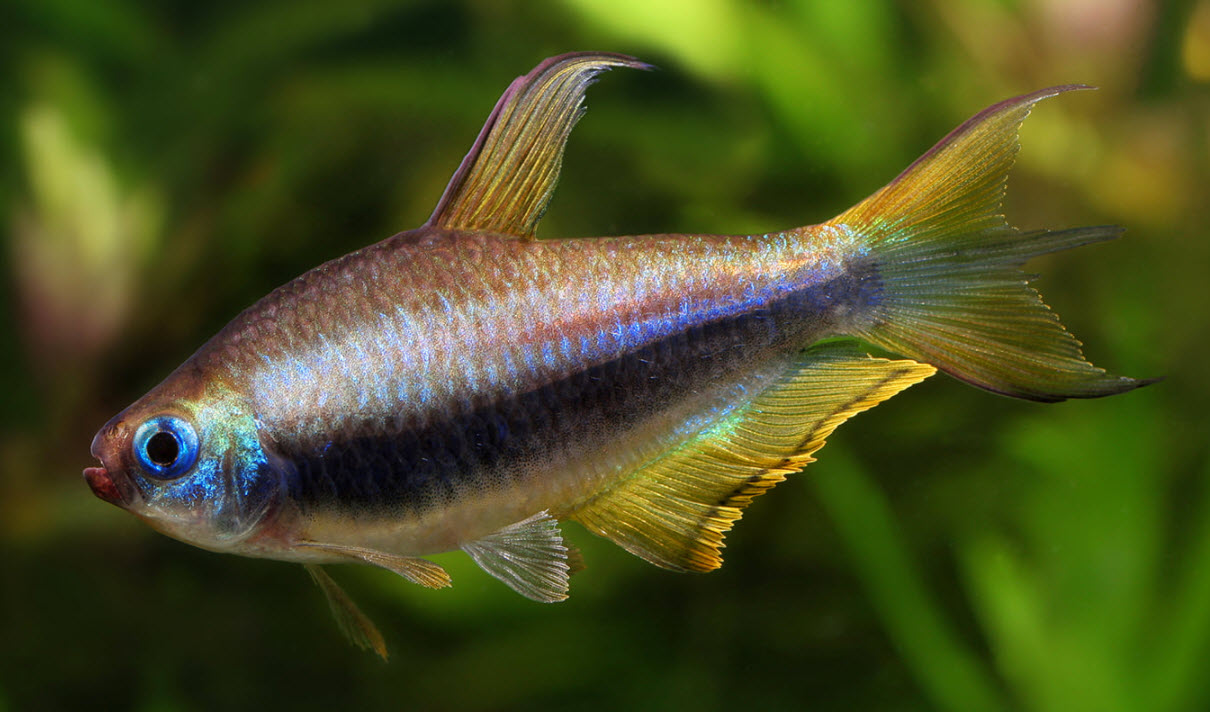
Another well-intentioned commentator talked about how sedimentary rocks are full of “unknown protists” and need to be avoided. These “unknown protists” are ALL either harmless or beneficial to an aquarium. You will NOT find fish pathogens in the pores of sedimentary rock. This same commentator talked about seams of sulfur on a rock and how that needs to be avoided. Sulfur is rarely found as a coating on a rock (when sulfur coats out on a rock around a volcanic fumarole it has a very short lifetime, oxidizing and disappearing in a few months) and would be harmless even if it were found.
This commentor illustrates a dilemma I have. This YouTube site is a very likeable guy who is genuinely trying to help people in the hobby, with no marketing hype at all. He just gets the science kind of mixed up. So I hate to give him a poor “score” below. But I have to be honest in my evaluations as to ACCURACY.
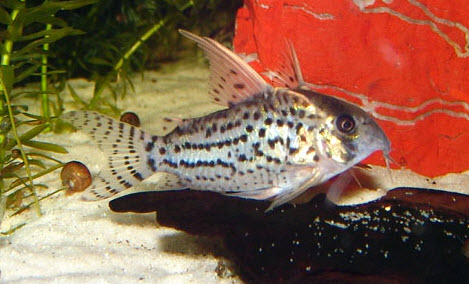
Also, many of the video makers have “sponsors” who pay them to hype their products. Some are “Seachem ambassadors”. Some of them are sellers of aquarium products. One video maker is the “inventor” and only distributor of a widely used, very overpriced filter media. One video maker works for a supplier of aquarium products. Another “doctor” is the manufacturer of a worthless “probiotic” food for aquarium fish. These people have obvious and often blatant biases and I have no difficulty with giving them low scores.
Note that Fritz, Seachem, Biohome and Xtreme are manufacturers which seem to pay YouTube video makers sums of money to push their products. So be especially wary of videos pushing products made by these manufacturers.
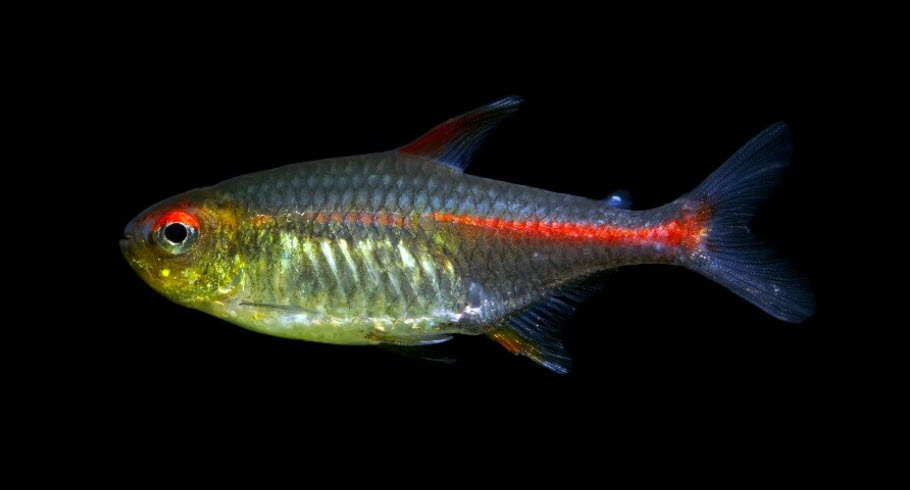
So if I had to rate the video makers, this is the “accuracy” score I would give them (This is just my OPINION, nothing more!):
- HalfMan HalfCichlid 95%
- Aquarium Co-op (Cory) 90%
- Girl Talks Fish (Irene) 85%
- The King of DIY (Joey) 80%
- Tazawa 80%
- Everyday Fishkeeping (Dan Hiteshew) 80%
- LRB Aquatics 80%
- Dr. Jesse Sanders 75%
- Dr. Richmond Loh 75%
- Steenfott Aquatics 75%
- Ben Ochart 70%
- Bentley Pascoe 70%
- The Secret History Living in Your Aquarium 65%
- Dustin’s Fish Tanks 60%
- Michael’s Fishroom 60%
- Aquapros 55%
- Keeping Fish Simple 50%
- Prime Time Aquatics (Jason) 50%
- Dr. Erik Johnson 45%
- Father Fish 40%
- Cookies Fishroom 35%
- Big Al’s 30%
- Jay Wilson 25%
- Trafish Aquatics 20%
- Jay’s Aquarium 15%
- KG Tropicals 10%
- QuebecCichlides 10%
- Kevin Novak Ph.D. 3%
- Doctor Gerald Bassleer 3%
- DrTimsAquatics 3%
- KaveMan Aquatics 3%
- Aquarium Adventures 2%
- Pondguru 1% (and I’m being VERY generous)
Just my OPINIONS, nothing else. And note this is the ACCURACY score. Not the “sincerity” score. Many of these YouTube video makers are very sincere, they just get the science wrong.
If you are new to aquariums and want the basics, I highly recommend Cory at Aquarium Co-op. Cory is probably the brightest, most honest guy in the business. He does sell aquarium products so he does occasionally “shade” the truth (For instance he sells Purigen and Ceramic rings and plugs them as good on his channel), but that is very infrequent. And he honestly sells some of the best stuff around. I love his test strips, his heaters, and his sponge filters. And, NO, I am not associated with Aquarium Co-op in any way.
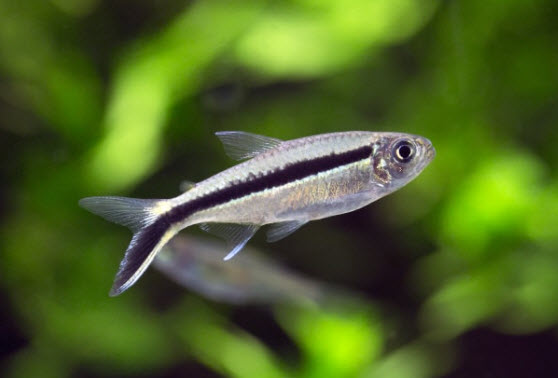
Note some YouTube video makers have started relatively high on this list and then started selling products in conjunction with Amazon. They have then begun blatantly making “testing” videos where products like Fritzyme 7 bacteria in a bottle “worked perfectly” and “cycled a tank in a day”. If you believe that, I have a large orange bridge in San Francisco I want to sell you… Cheap. These folks have thus dropped down the list, WAY down the list.
Another decently rated YouTube video maker started selling a $9.98 E-book on keeping your water crystal clear. The E-book is seven pages of nonsense. This same YouTube video maker then became an “Ambassador” for Seachem and began blatantly hyping their products. This person has also dropped way down in the rating.
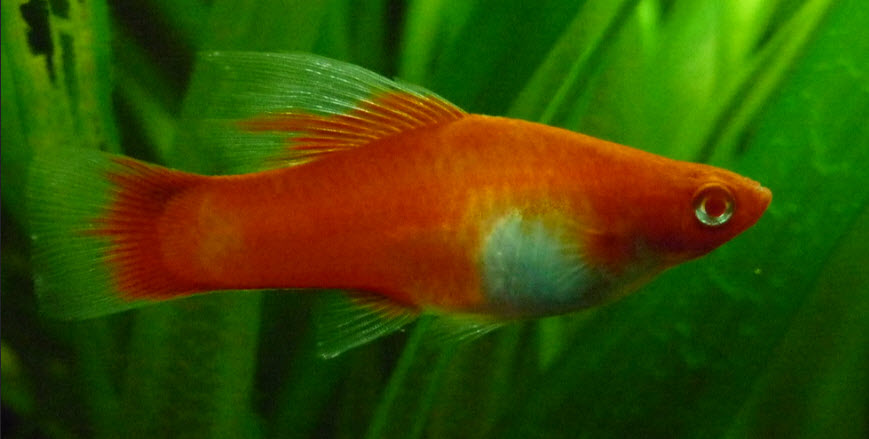
Some good-intentioned YouTube presenters take a “never say anything is incorrect”, and “never ruffle any feathers” approach. They say things like “Anoxic plenums are just another way of removing nitrates” etc. etc. This is apparently to “keep the peace” in the hobby. I’m just unable to be so generous. These well-intentioned folks received mediocre ratings.
By the same token, some YouTube presenters have found this website and are fact-checking this website before putting out videos. They have even used photos from this website and referenced this website in their videos. These presenters have moved way up the list, which is probably just hubris on my part but so be it.
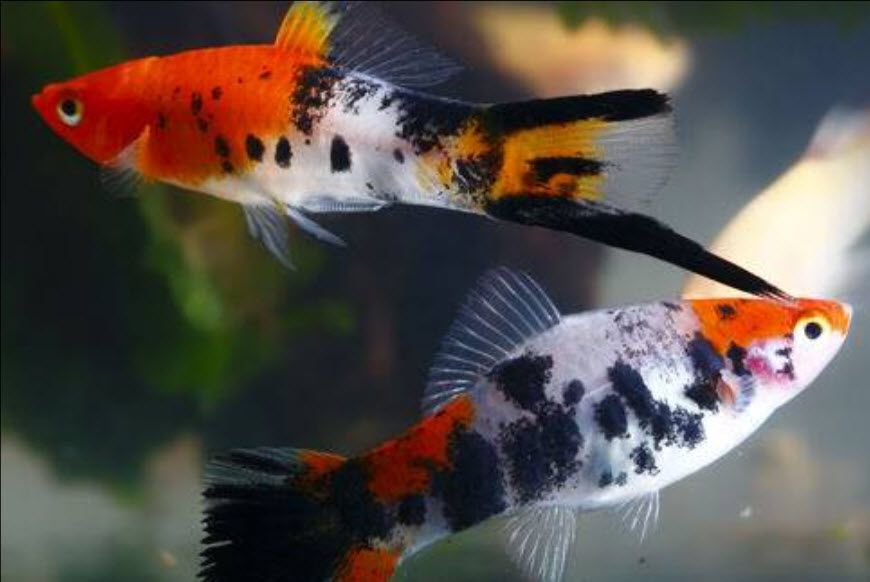
Using This Website as a Data Source
This website is based largely on science and logic, not social media advice, anecdotal “it worked great for me” or the profit-driven hype of some marketer. Note the inclusion of “LOGIC” above. It is not necessary to have a journal citation or an experimental result to make a conclusion on any given subject. Most of the time just good old “common sense” is quite adequate.
For instance, the water we drink and the water fish live in has typically been in contact with tons of rocks as it lies in a lake, tumbles down a stream, or percolates through the ground. And this water is not toxic. So concluding that virtually all rocks are not toxic is very logical and correct. One does not need an experiment or a journal article.
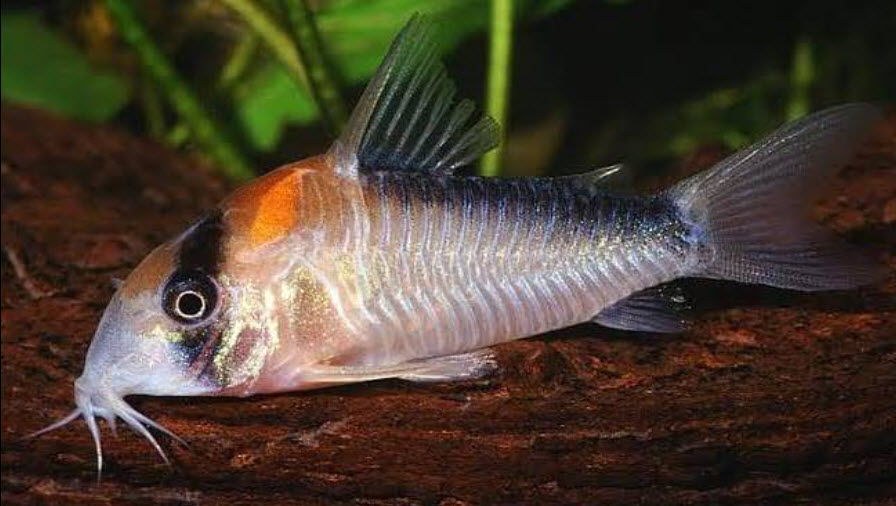
The author uses three ways to justify statements on this website:
- Simple logic and common sense
- Testing with statistical analysis
- Journal Articles and Books
This website is designed to put forth largely concepts that are based on facts proven by scientific experimentation and/or scientific logic.
Objective scientific evidence is typically based on unbiased experimentation. There are many papers in various scientific journals and a host of technical books about commercial fish culture (aquaculture) which can be applied to the aquarium. Typically, these university scientists run multiple “replicate” experiments where one treatment is run against no treatment (the “control”) and/or other treatments and conclusions drawn. These observations are reputable and thus form a portion of the basis for this website.
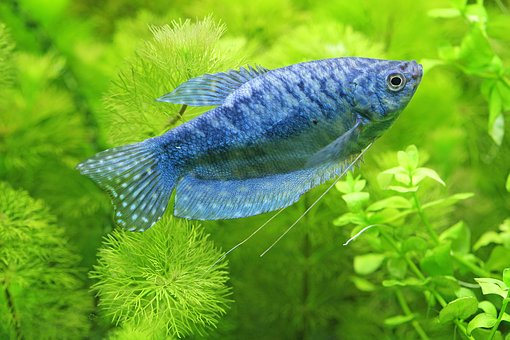
Opinion and Anecdotal Evidence
This is a blog, not a science journal paper. So in addition to science, the author does occasionally use:
- opinion
- anecdotal evidence
The opinions of the author are given out where opinions are all there are, such as the articles on stocking and data sources. And occasionally I use some anecdotal evidence when that anecdotal evidence simply adds additional weight to the science. I do try to identify opinions and anecdotal evidence when I use them.
And the author does admit to a certain bias against some organizations and individuals which equate passionate opinions with a right to criticize newcomers to the hobby. I have found that to keep my blood pressure under control, I have to just block these “fish police” whenever I see them. Unfortunately, newcomers to the hobby haven’t blocked them and thus get these folks’ wrath pretty much daily.
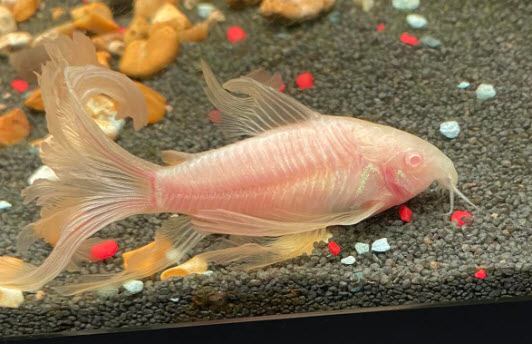
Tests by the Author
There are a whole series of tests that were run by the author over a few years. These tests were all kept very simple so anyone who wanted to could replicate them. The conclusions from these tests were often quite surprising. These tests include:
- Test of bacteria in a bottle products like Stability
- Test sludge-eating bacteria in a bottle like Pristine
- Several tests of Prime and Safe water conditioner claims
- Several tests of Purigen
- Testing of ammonia detoxifying chemicals
- Test of water conditioners
- Test of Biohome and De*Nitrate denitrifying claims
- Test aquarium filters
- Test of filter media for ammonia oxidation
- Test filter media for water clarity
- Test the effect of cleaning a sponge filter
- Test buffering substrates and coral decorations
- Test various cycling methods
All these tests used a tried and true scientific method of treating one set of experiments with the test materials while keeping another set without treatments as controls. The results are then compared against each other. We did use statistical software to test most of the experimental conclusions. This software is very powerful and does not require replicates or a single variable. This computer software can analyze many input variables with zero replicates quite successfully and has revolutionized the way experiments are done.
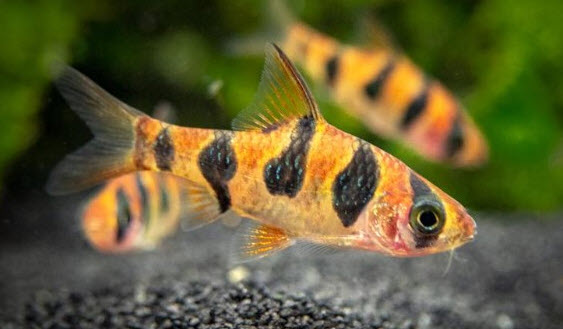
Several of these tests have been replicated by hobbyists and the results have matched what these tests revealed. These tests have also been passed along to some manufacturers of products that didn’t work and they were all unable to supply any test data refuting the test results.
So hopefully this website is a reliable source of information. But note I am constantly finding errors in my reasoning so if you see one please send a correction to me.
A Note on Photographs
The photographs on this website are taken free from the internet without regard to copyright or credits. Copyright does not apply to “fair use” sites. “Fair use” are sites where the author does not receive any payment for their work in any way. The site and the usage have to be for educational purposes only. And the amount of material used has to be “reasonable” and “limited”. This website meets all those criteria.
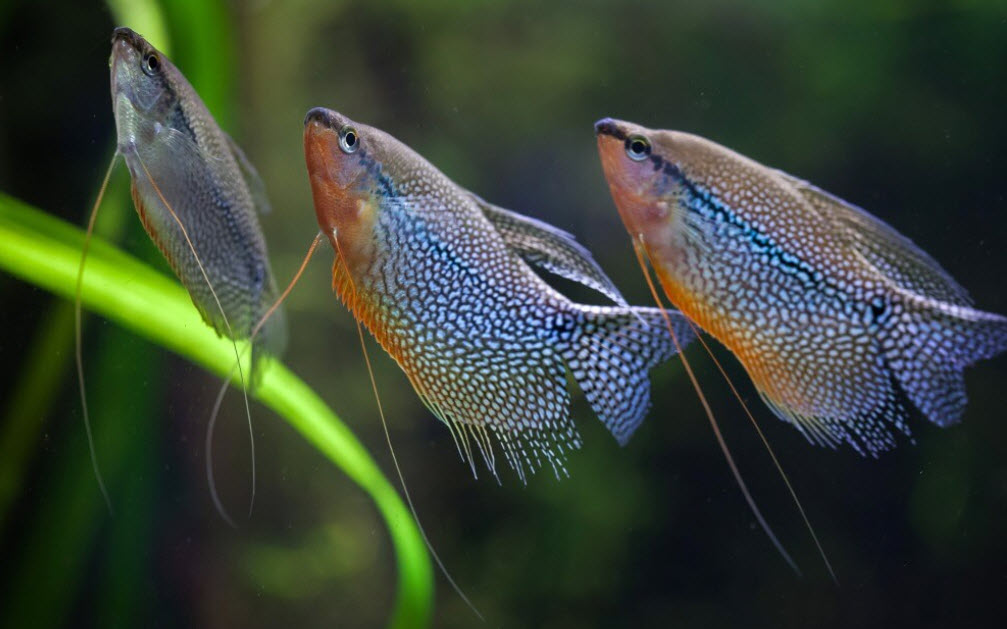
Proving a Negative
Many “experts” make simple sweeping comments such as “Livebearers need hard water“. This isn’t true but proving it isn’t true is VERY difficult. The “proof” that livebearers DO NOT need hard water becomes a very long dissertation. The problem has to do with the very well-known statistical problem of “proving a negative”.
It is very difficult to prove that livebearers do NOT only do well with hard water. No matter how you test the “fact” you will be open to the “but I kept my livebearers in soft water and they died” claims. Everyone and I mean EVERYONE, does this common logical mistake many times a day. When two things occur simultaneously, it is human nature to say one thing caused the other thing, whatever it is. The old saying in science is “correlation does not imply causation”. The livebearers died from something like tetrahymena, capillaria, a chlorine pulse, or bacterial infection but the water chemistry will get the blame.
The same is true of literally hundreds of claims such as: “Biohome reduces nitrates”; “Prime detoxifies ammonia”; “Fritzyme 7 bacteria in a bottle allow you to set your aquarium in a day”; “anoxic plenums work great”; “redox is very important in the aquarium“; ad infinitum. Replying to these claims requires a lot of verbiage to somewhat “prove a negative”. Thus the many very long-winded articles on this website. Sorry!
Repetition
Because of the nature of the web, each article needs to stand on its own. So some points have to be repeated in several articles. For instance, the nature of autotrophic beneficial bacteria versus heterotrophic beneficial bacteria is necessary knowledge for six separate articles. As a result, the explanation for these two points is repeated six times.
This “proving a negative” and repetition have resulted in this website containing close to 700,000 words. Books are normally 250 to 500 words to a page. So this website has close to 1,400 to 2,800 “pages” of information. Not many books have even 300 pages in them.
.
Return to Aquarium Basic Menu
.
Aquarium Science Website
The chapters shown below or on the right side in maroon lead to close to 400 articles on all aspects of keeping a freshwater aquarium. These articles have NO links to profit-making sites and are thus unbiased in their recommendations, unlike all the for-profit sites you will find with Google. Bookmark and browse!
.
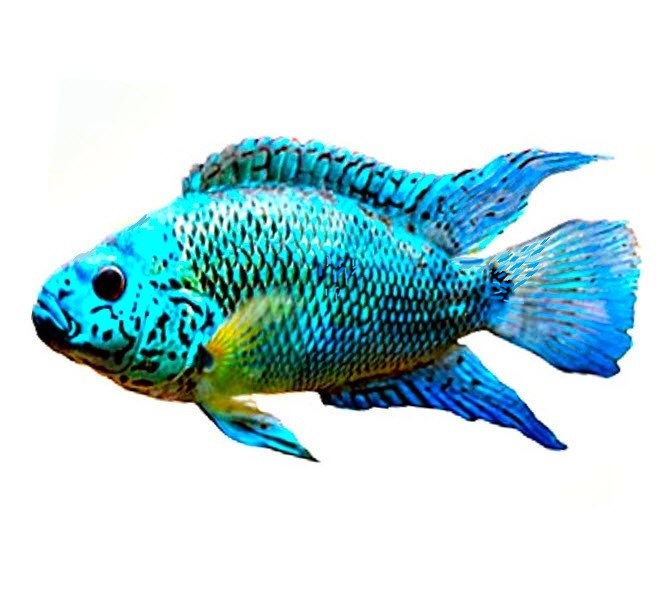
Dave says
In reply to Taylor ……. Interesting. I missed the section of the Walstad book that says dissolved organics offer protection to fish. I would disagree. But I also disagree with a lot of her chapter on heavy metals. They are not the problem she makes out they are.
Taylor H says
Walstad’s book is interesting and informative, and I appreciate the hard science. However, she states that copper levels in drinking water are not federally enforced (4th ed., 2023, ch. 2, para. A1, p. 12). This is patently false. A simple internet search would have informed her of the EPA’s Lead and Copper Rule. I emailed her to inform her of this error, yet she did not seem particularly bothered. I take issue with disseminating falsities regarding our public water systems, which are already subject to rampant public misinformation. Was it a key part of the book? No, but I expect a scientific book to get basic information correct. As I was flipping through, I noticed she states dissolved organic carbon offers a protective effect (p. 19) where you argue it encourages harmful bacterial growth. Which is it?